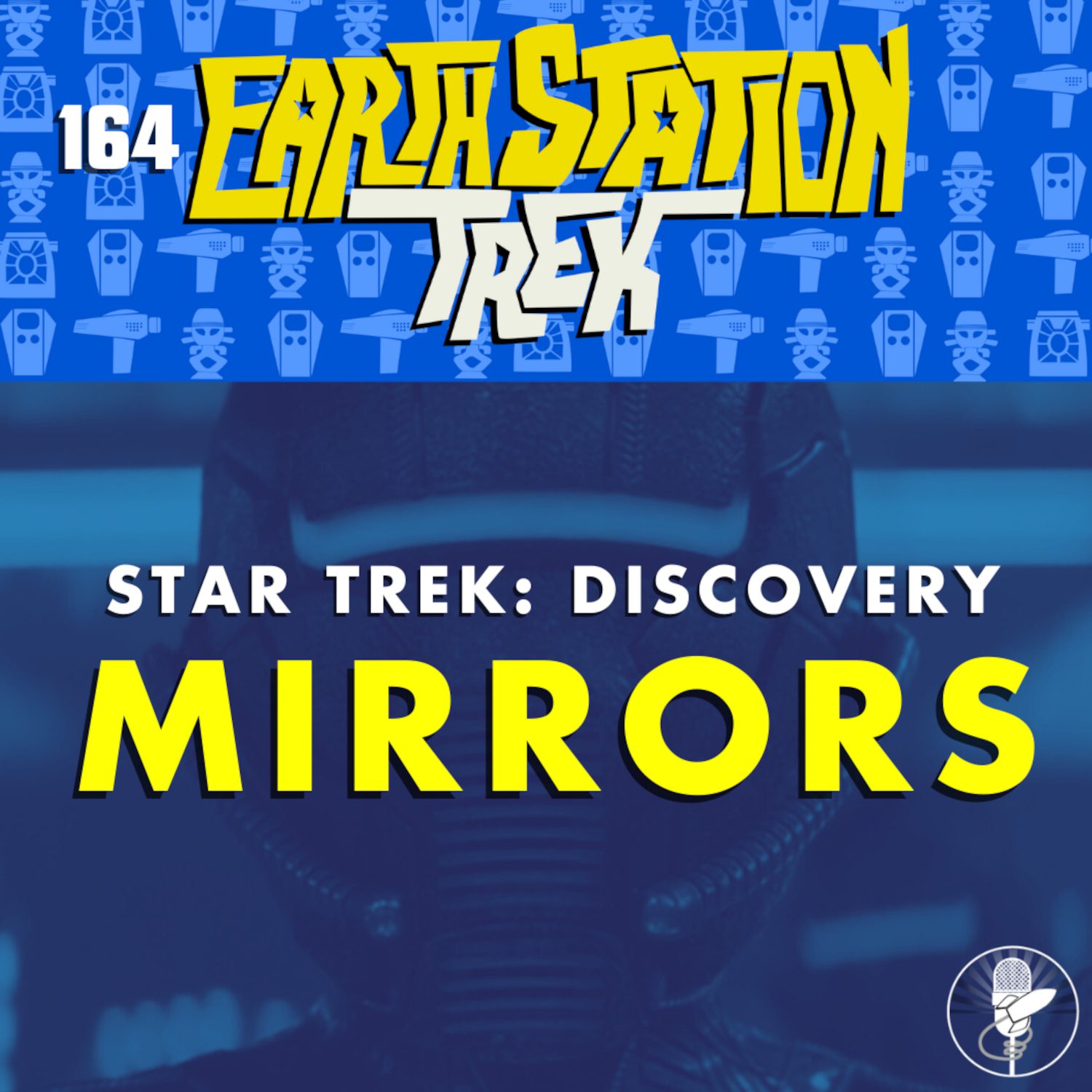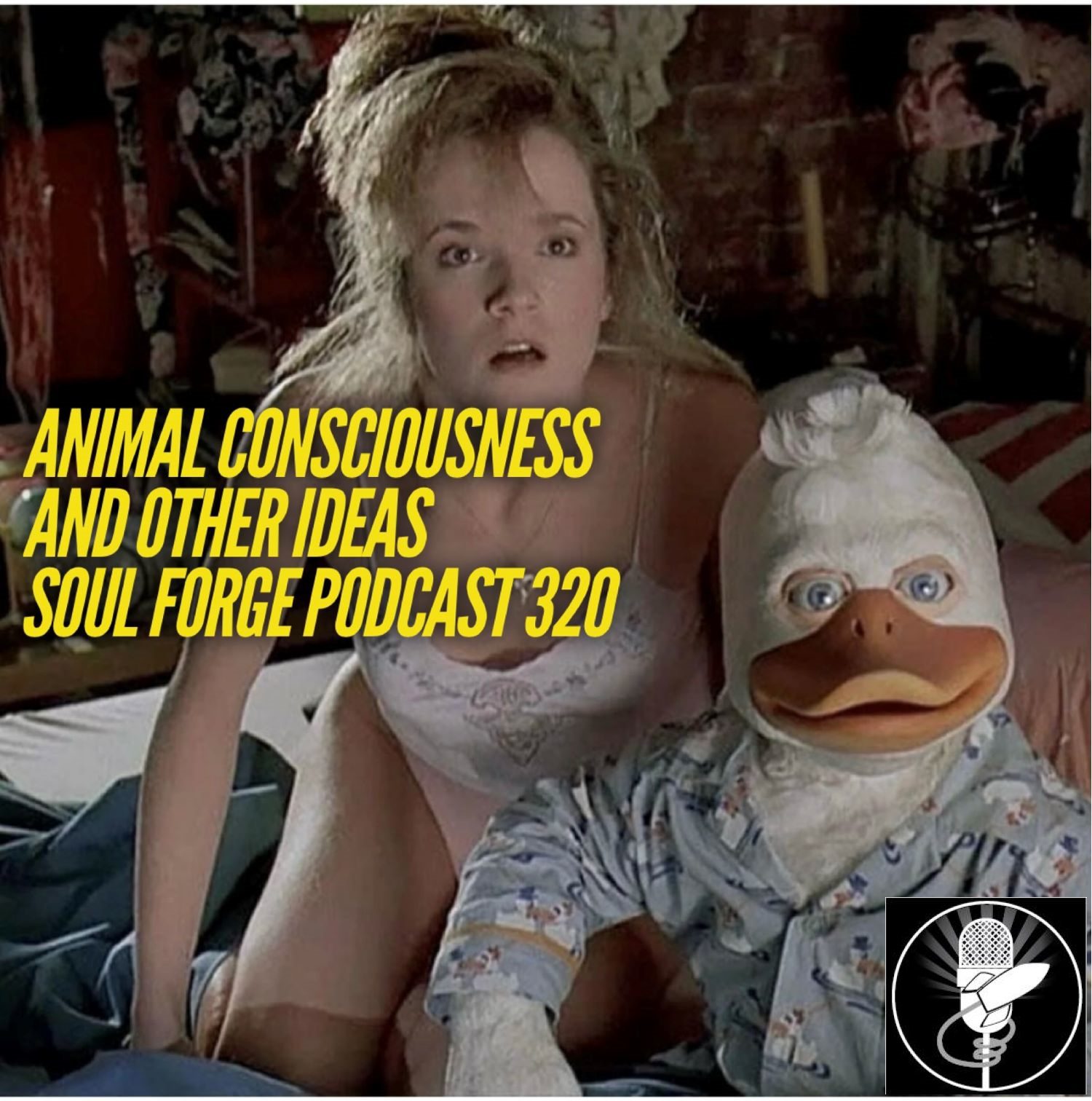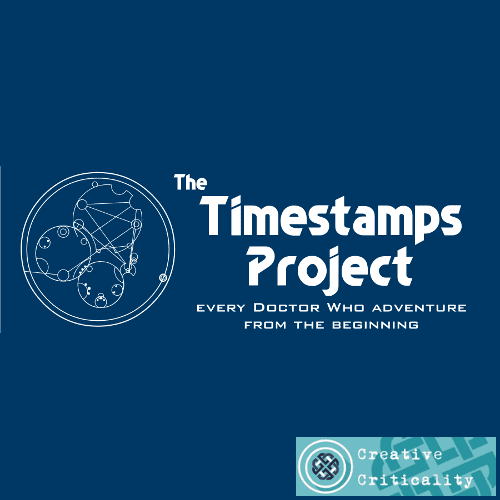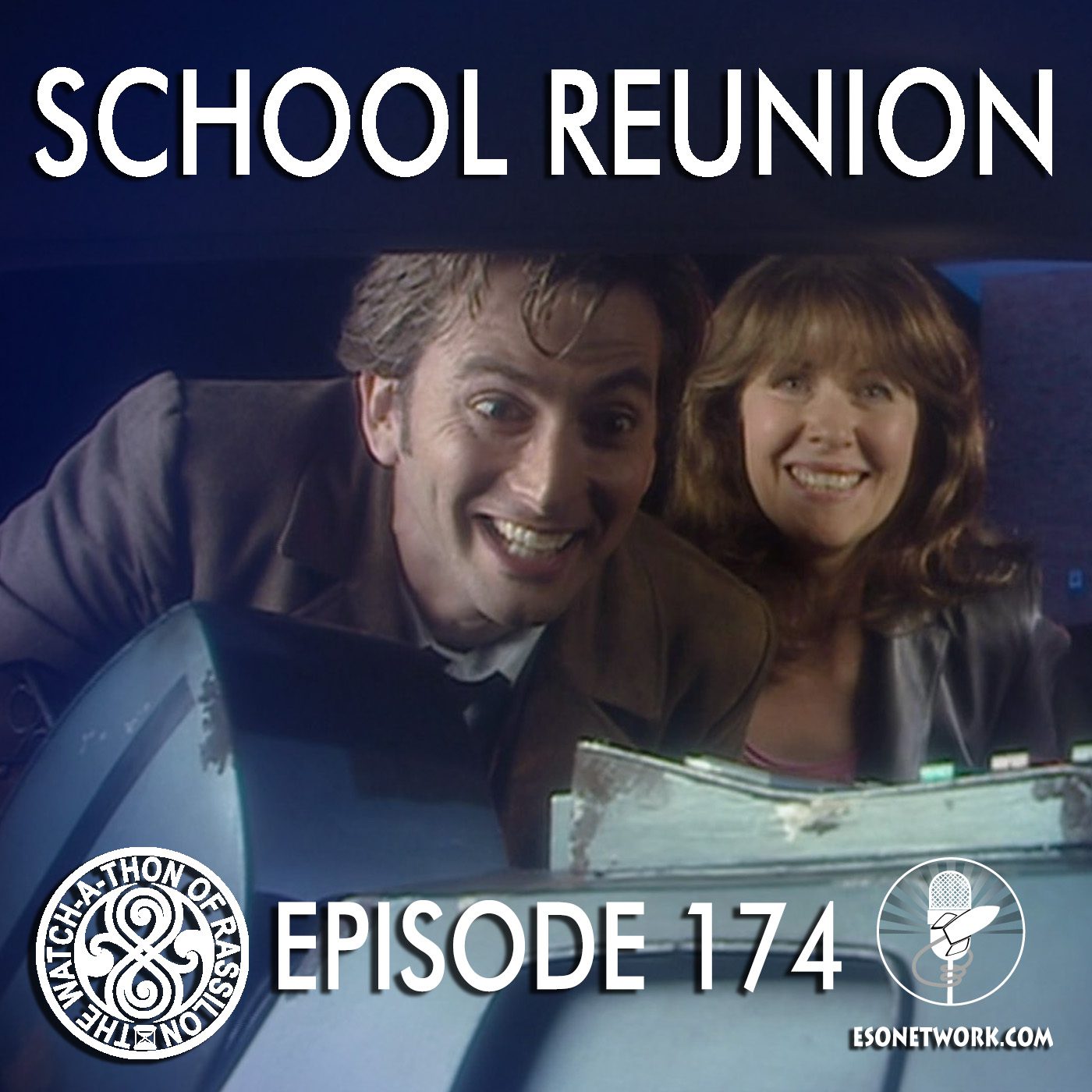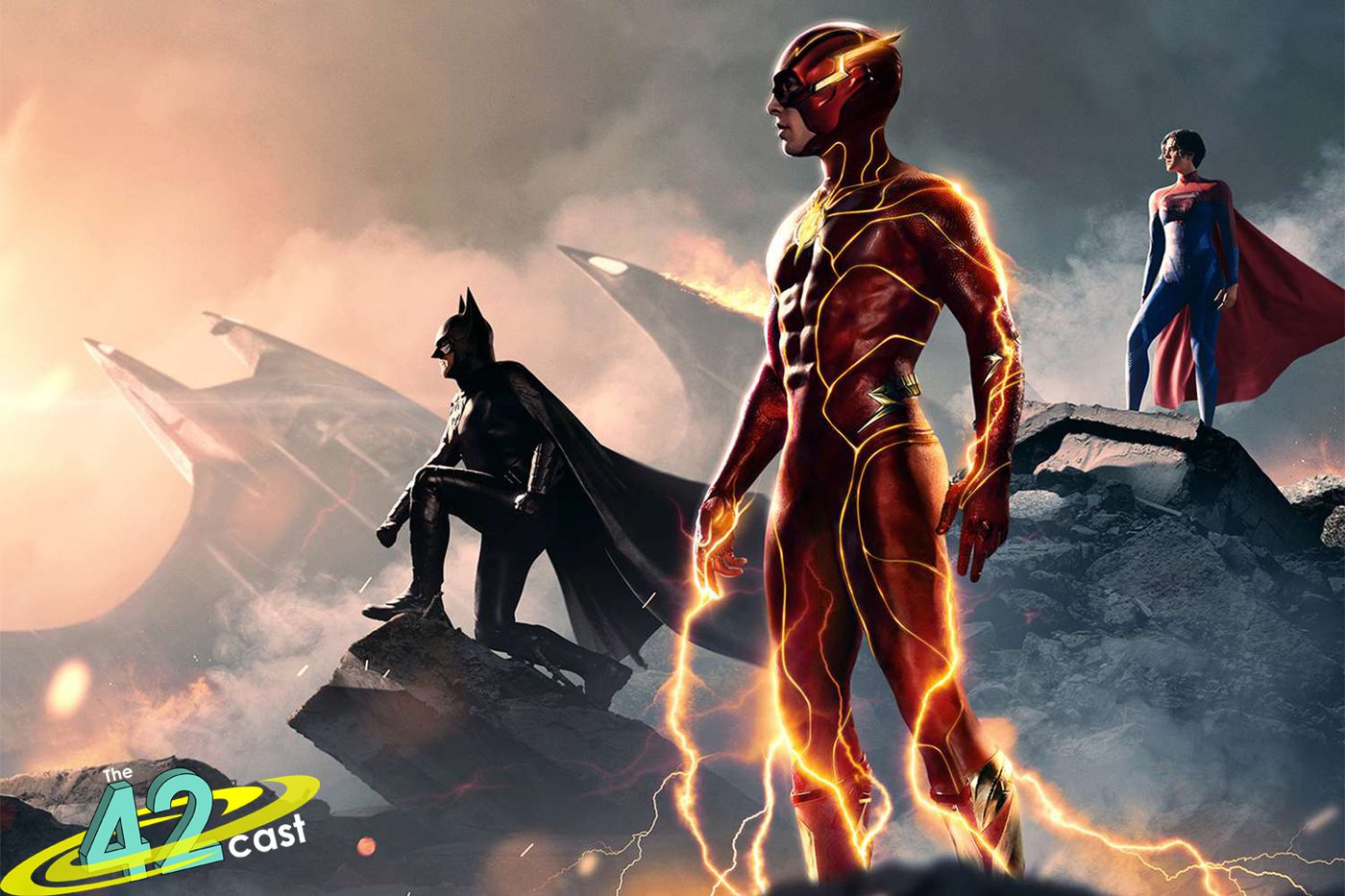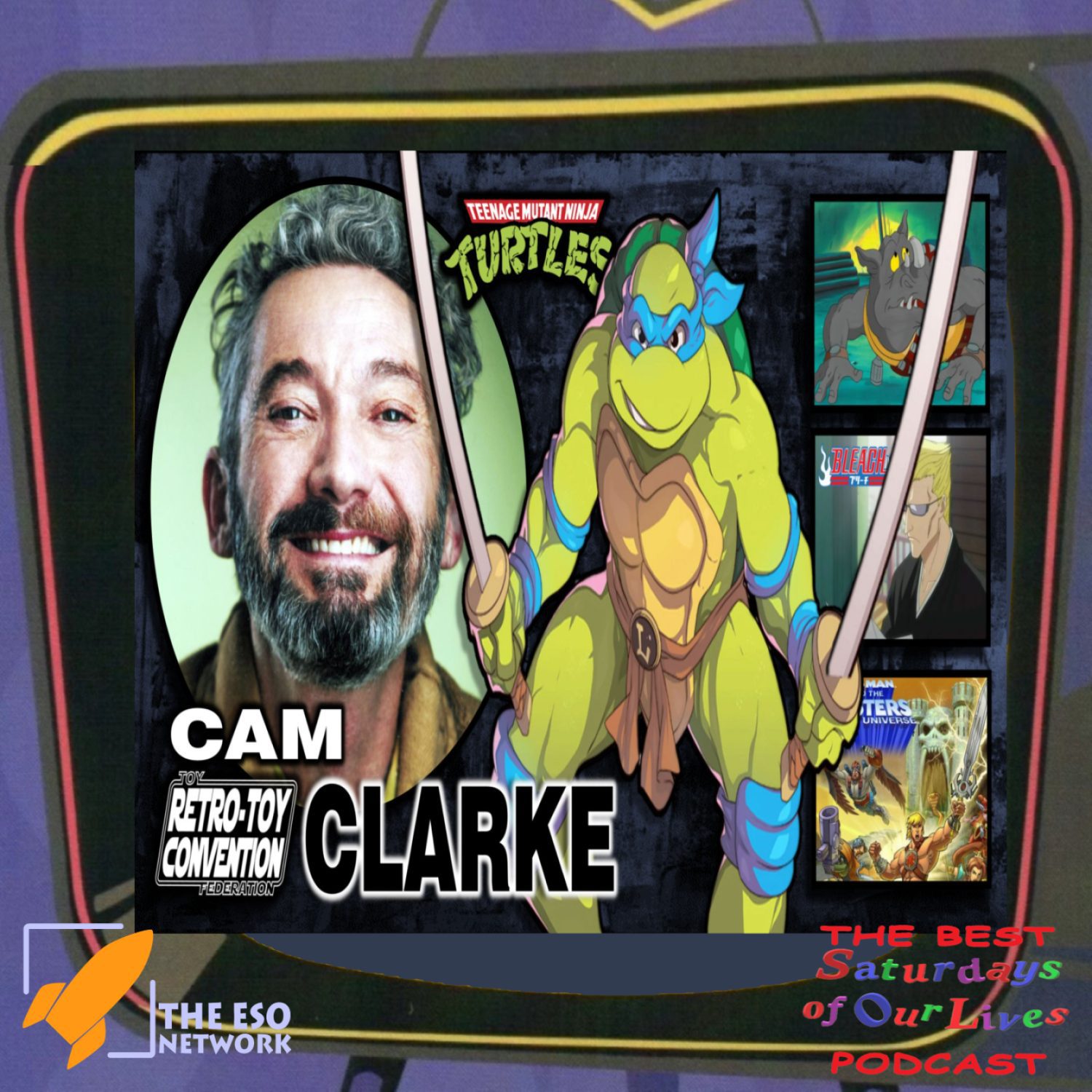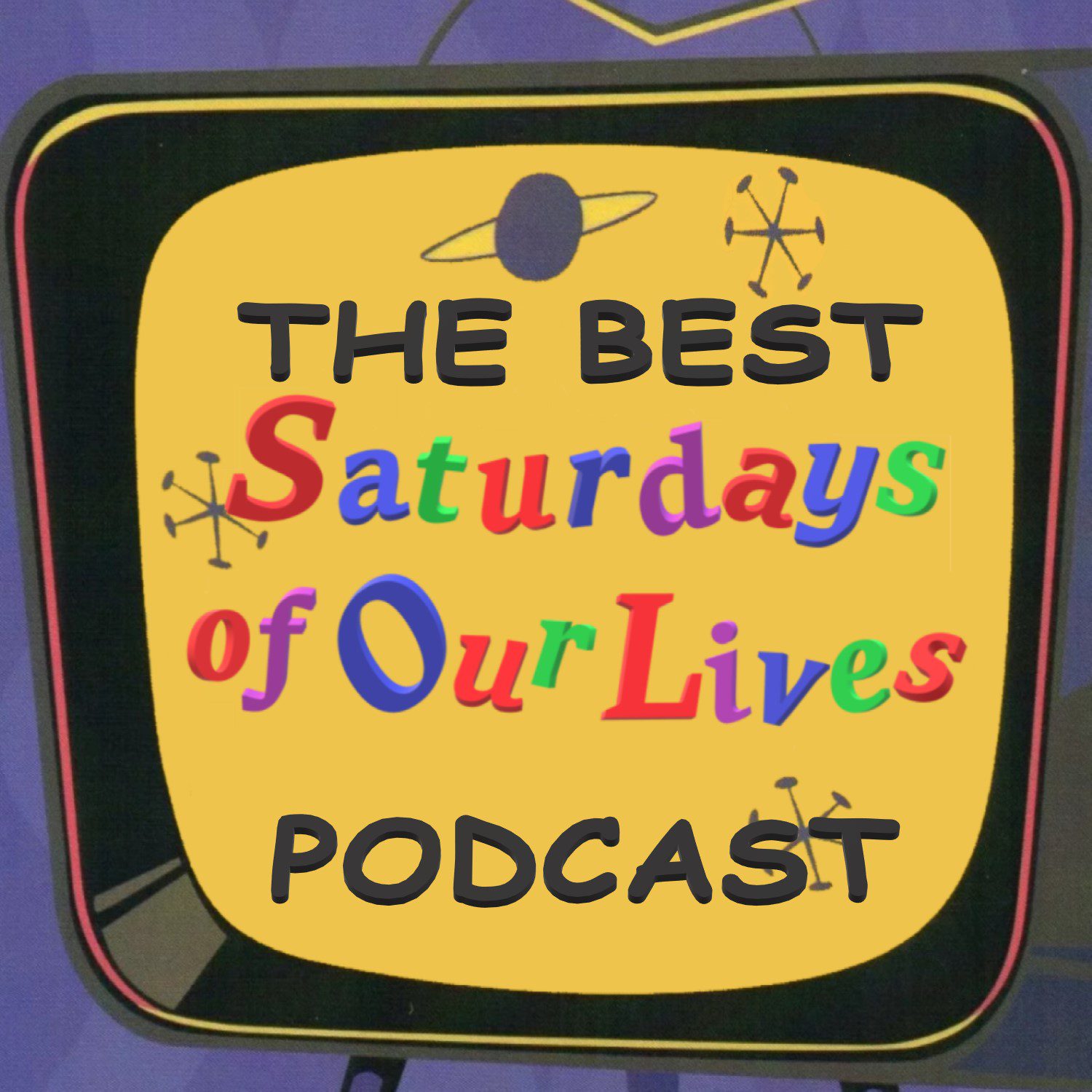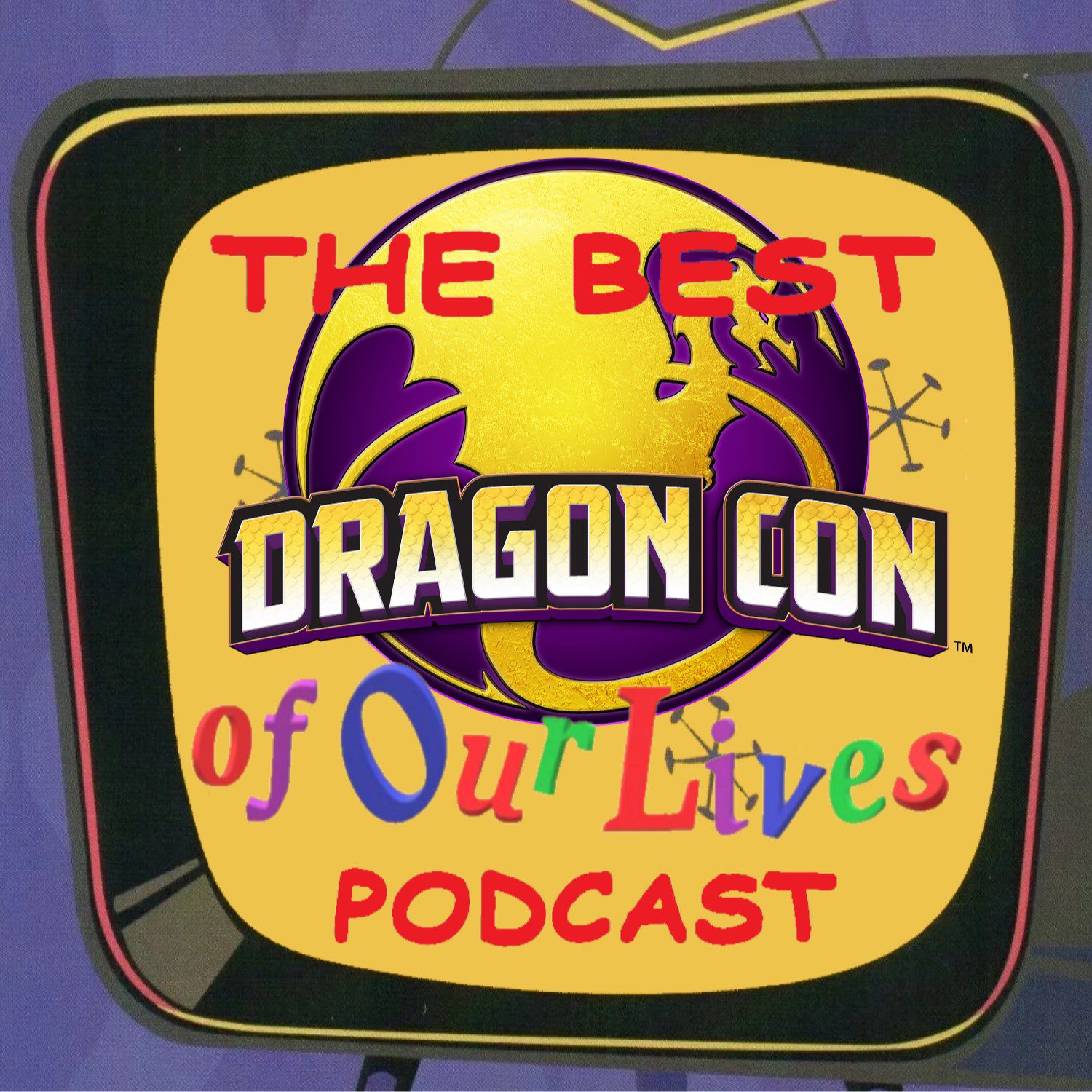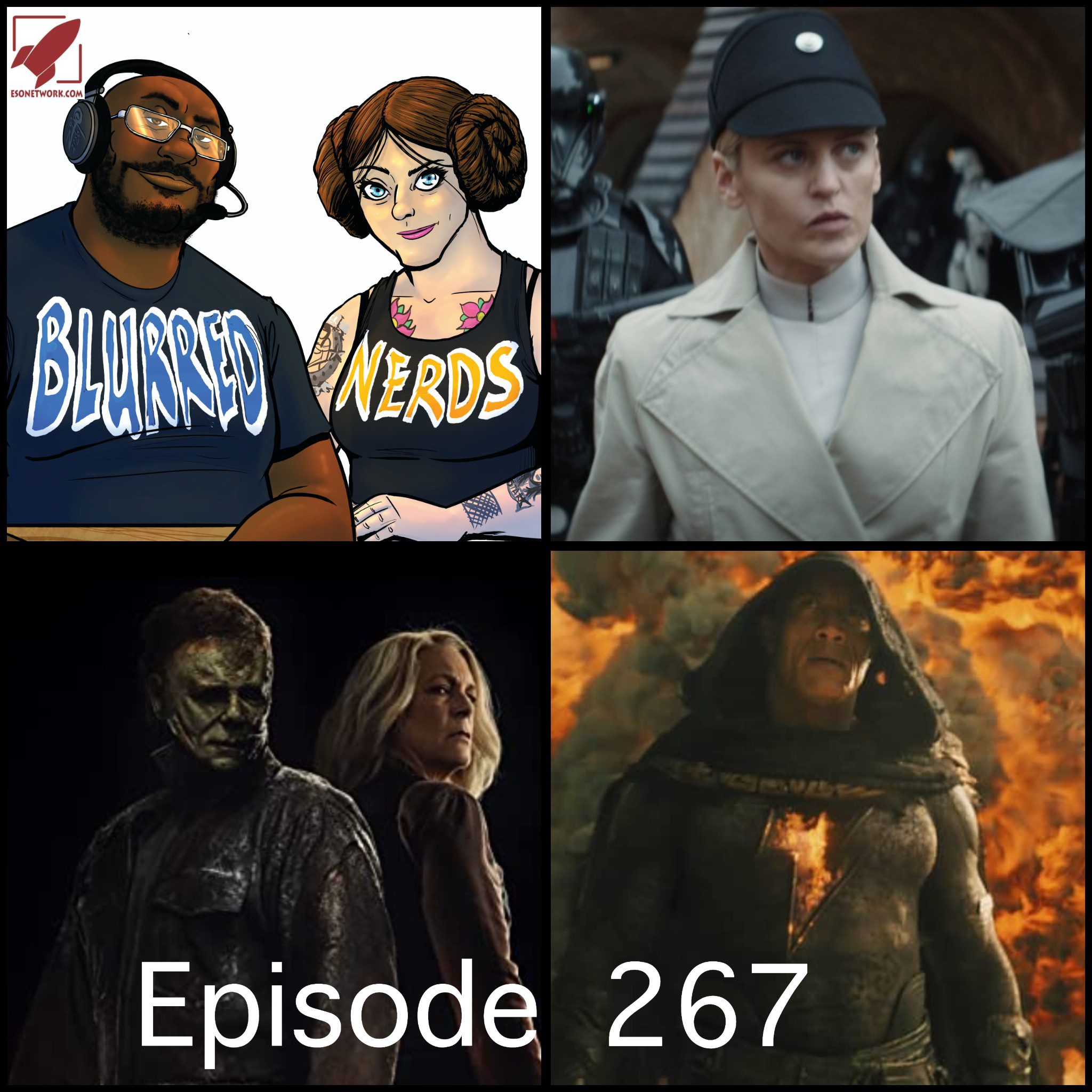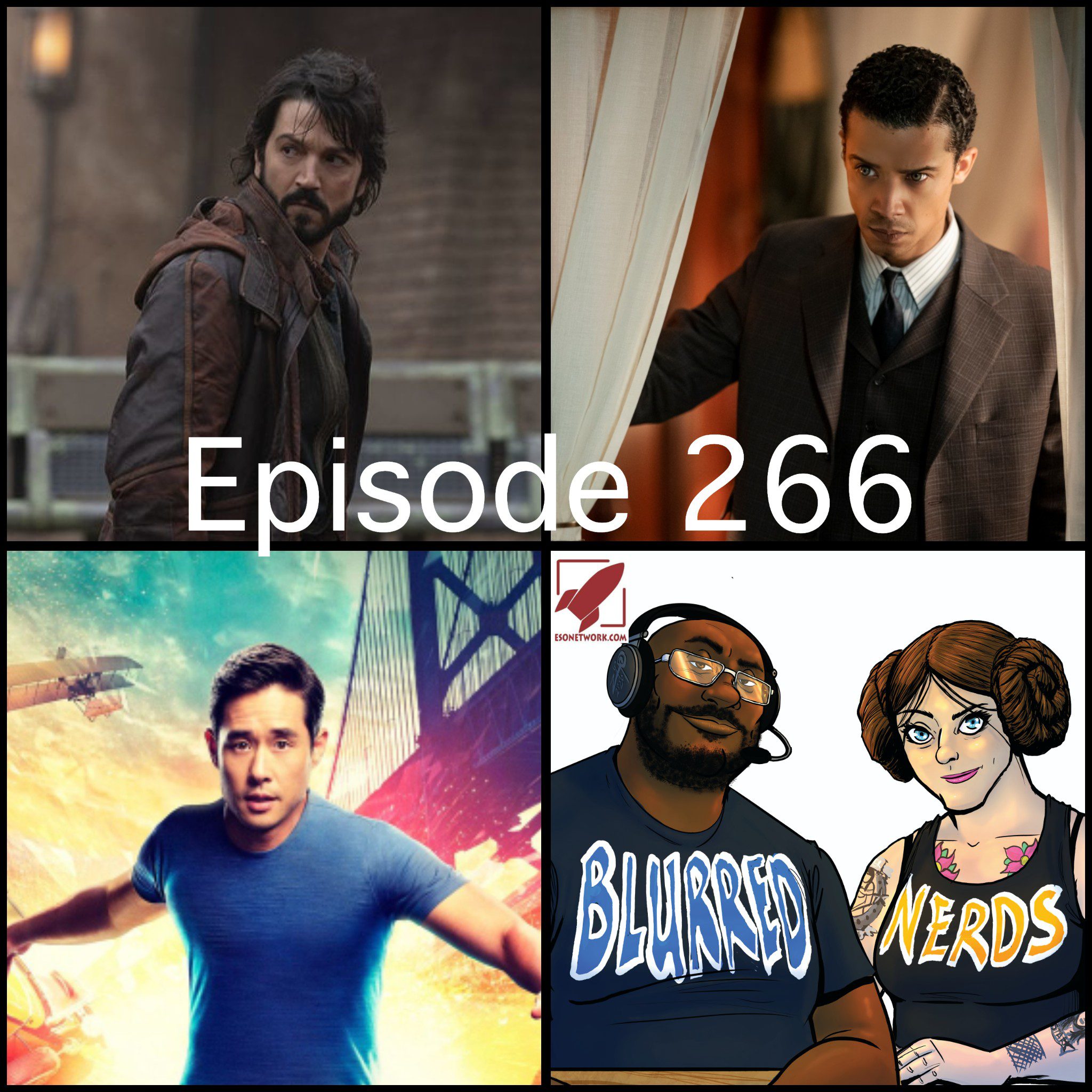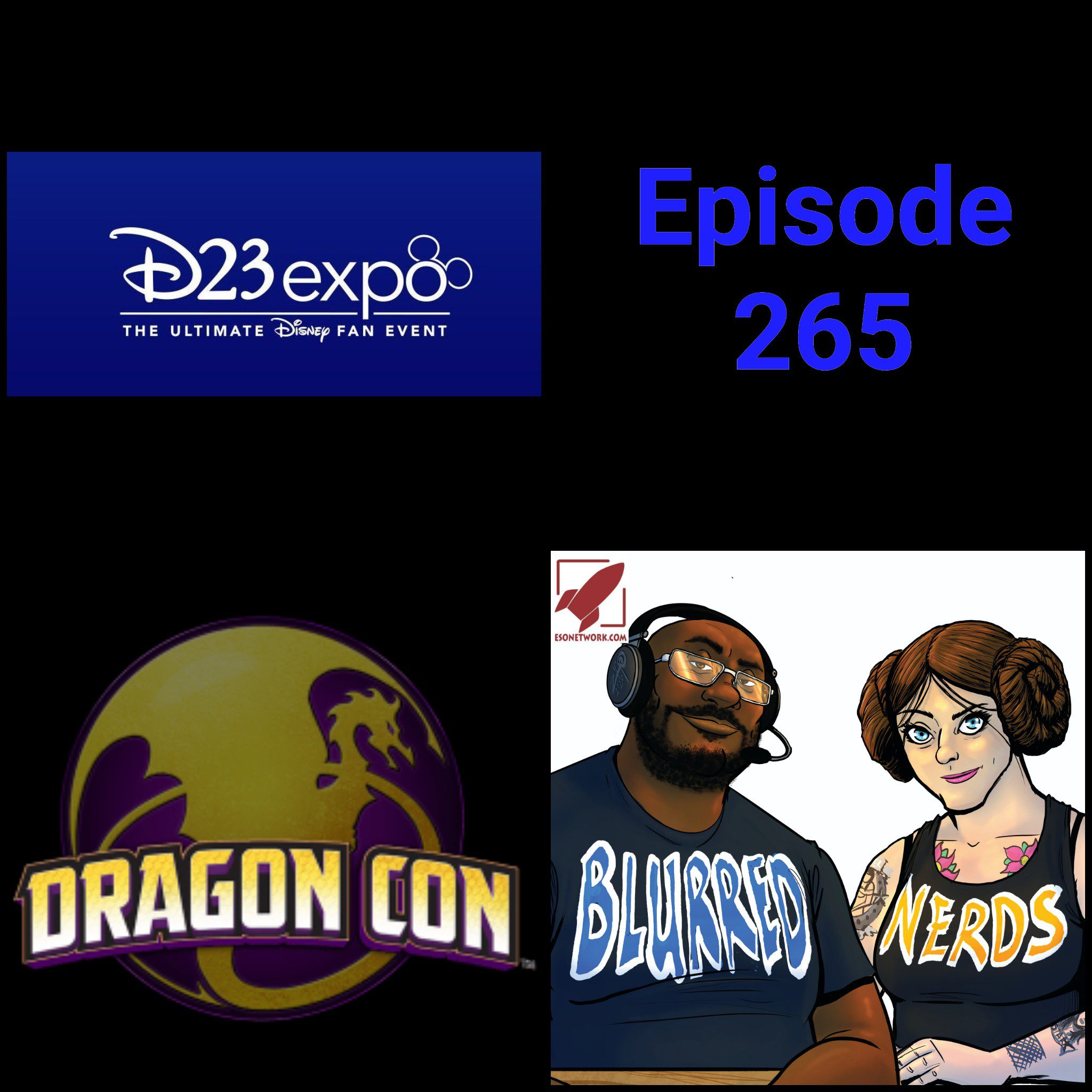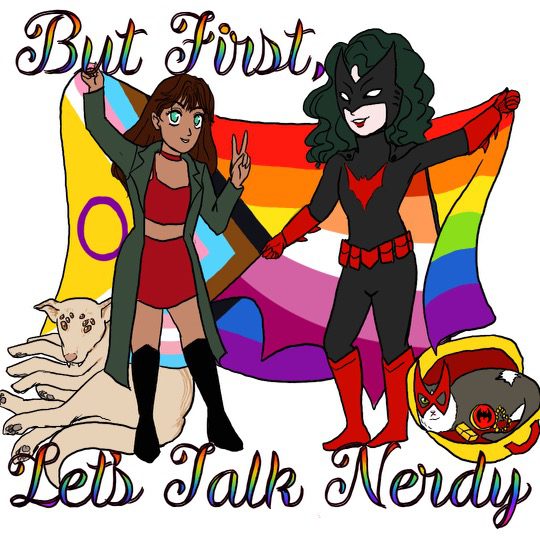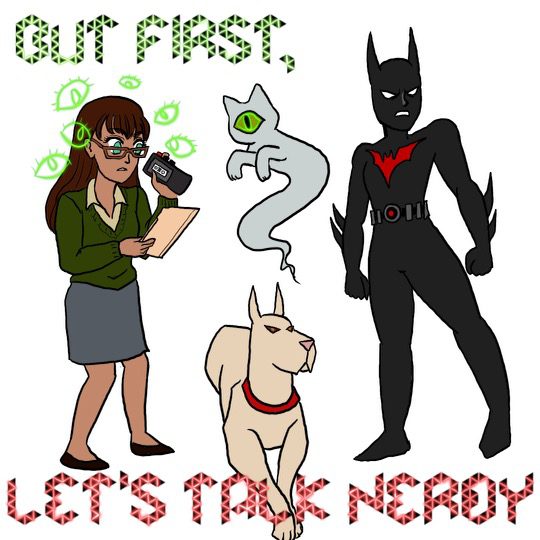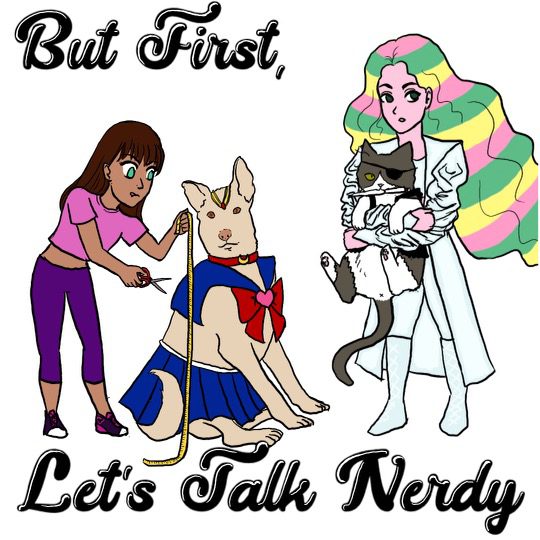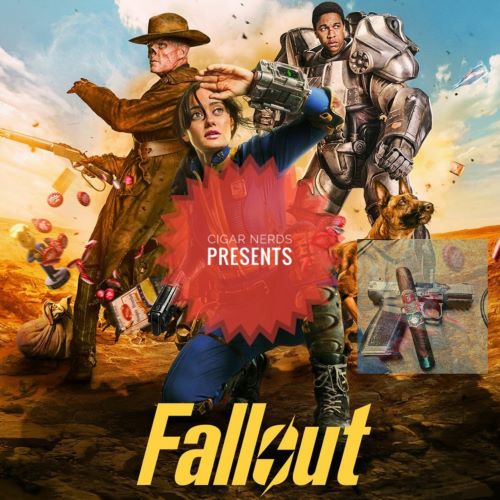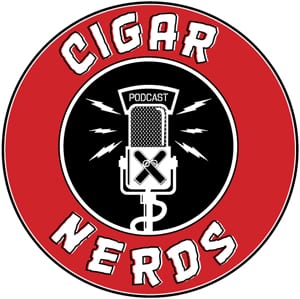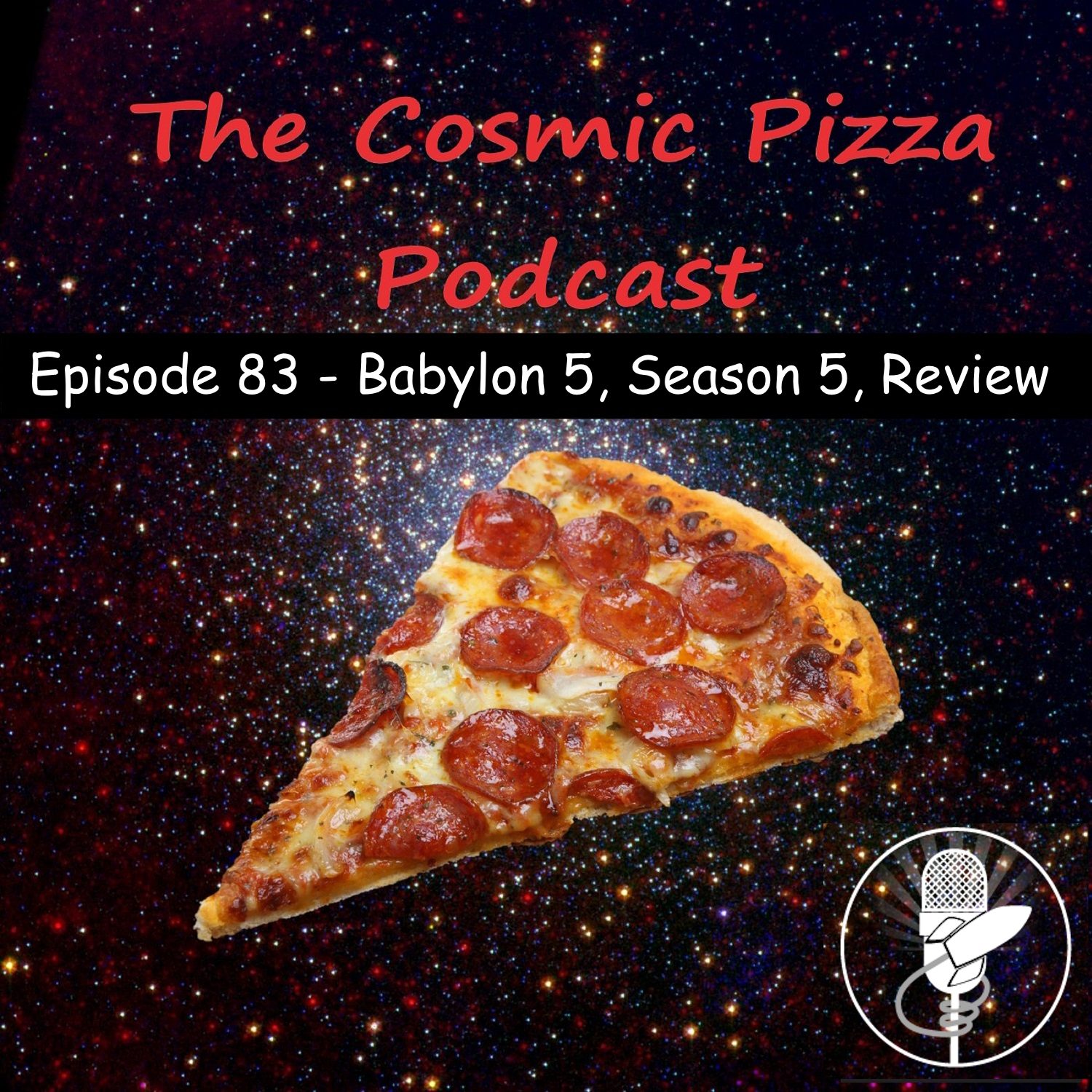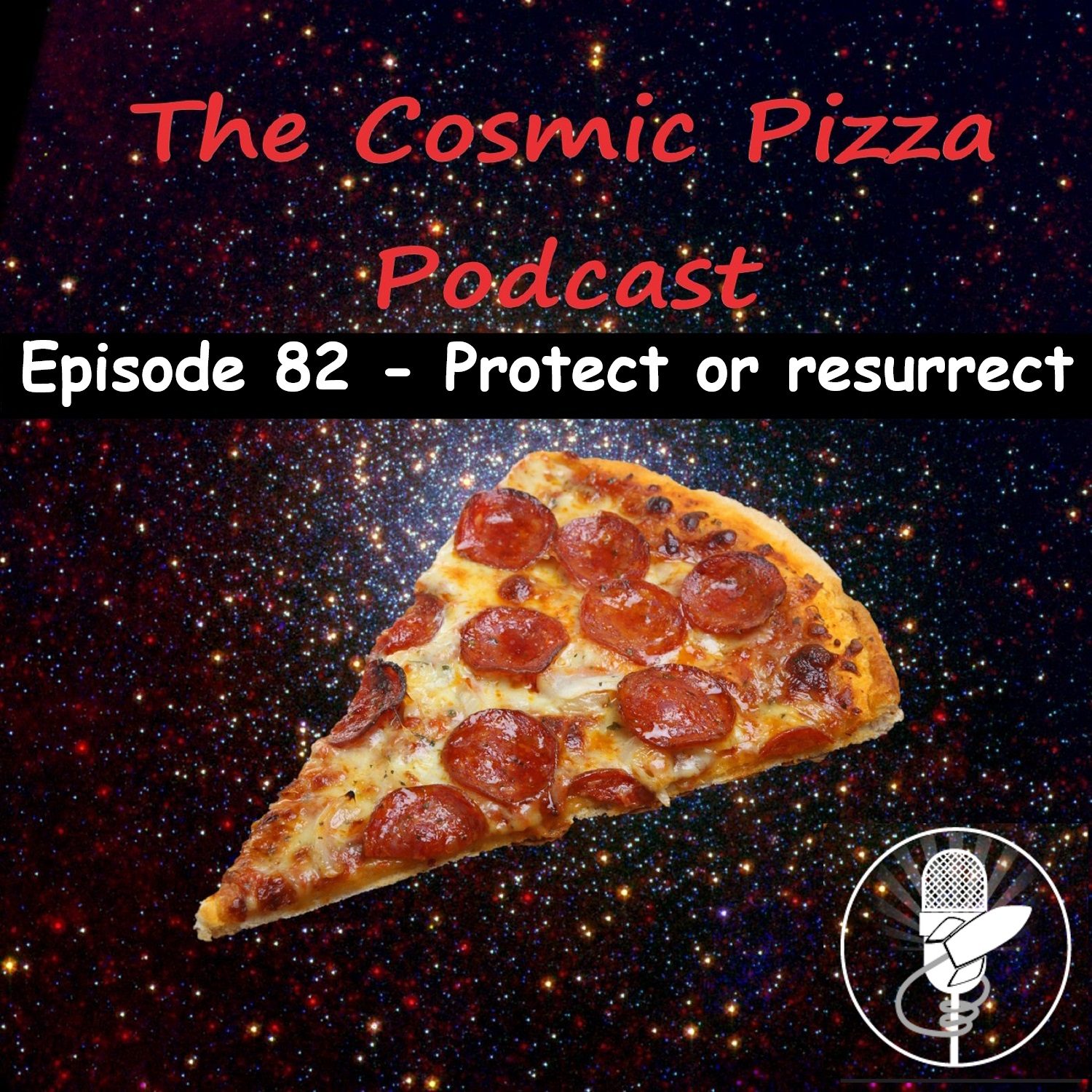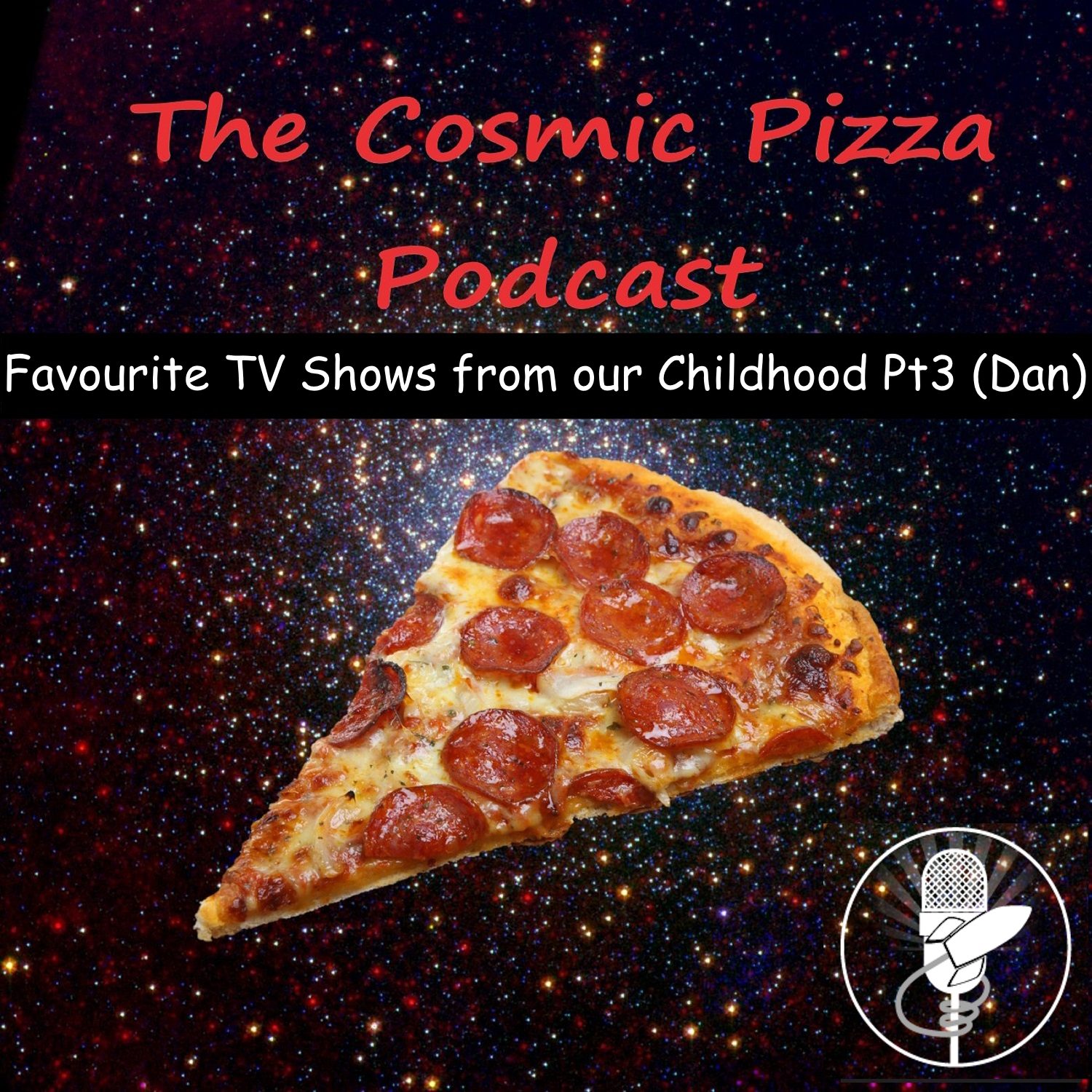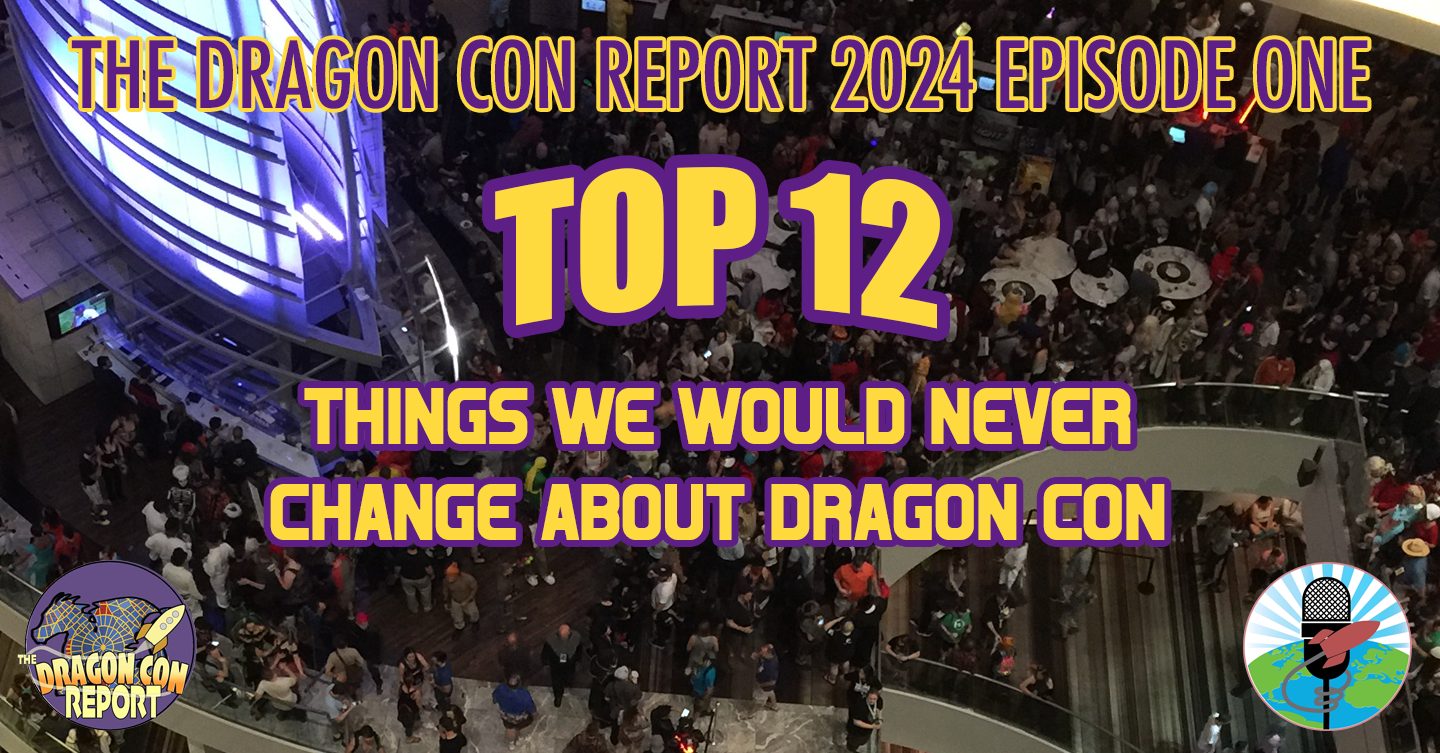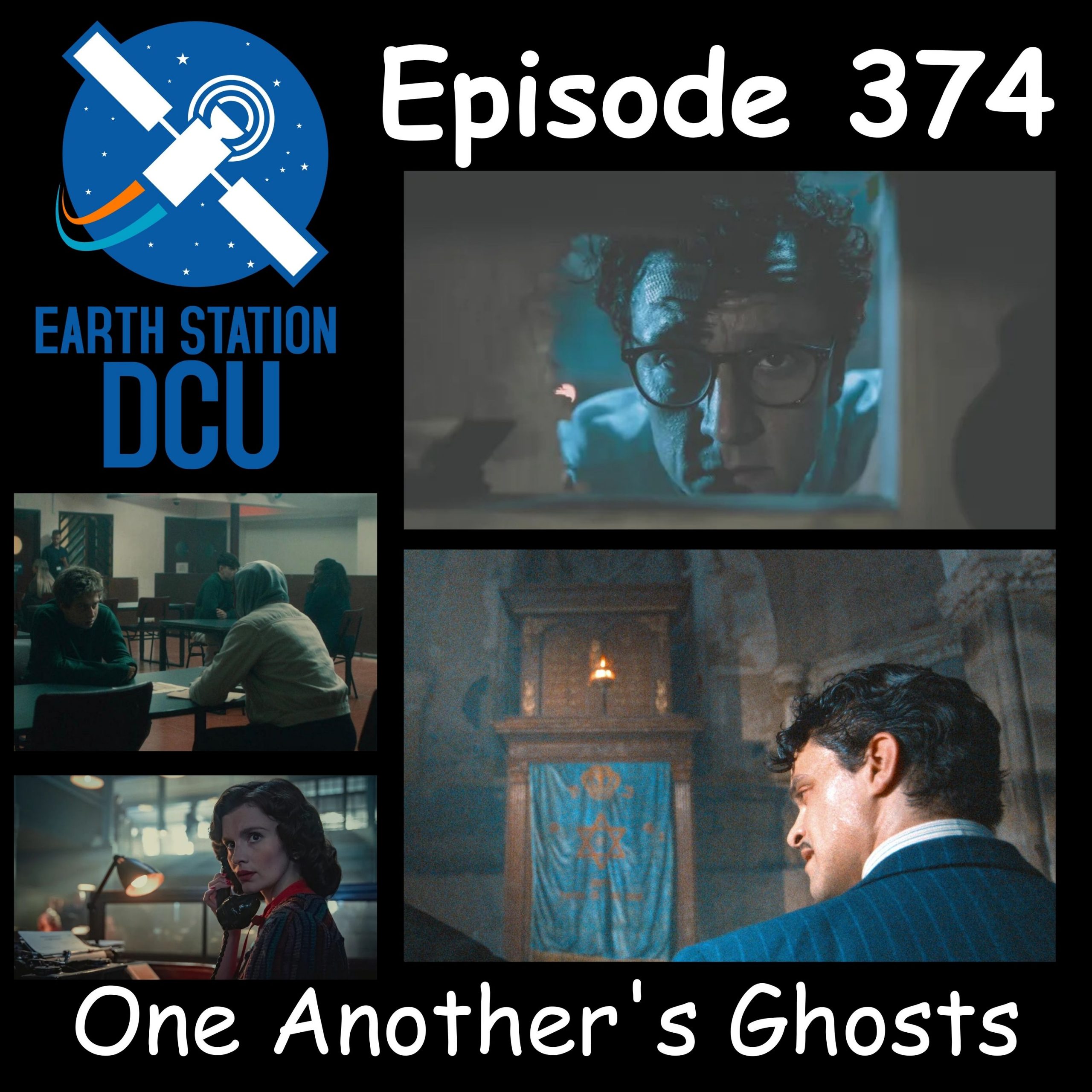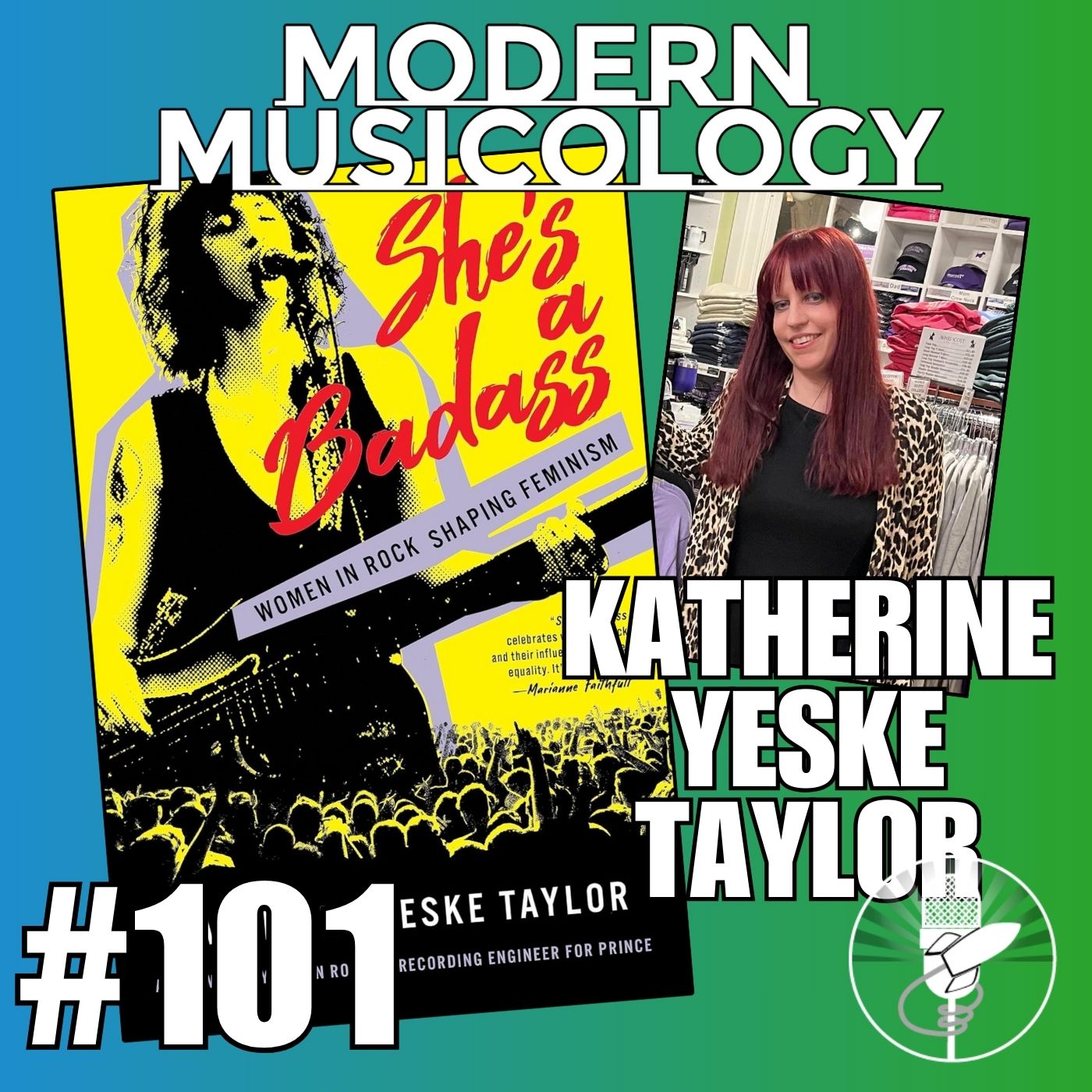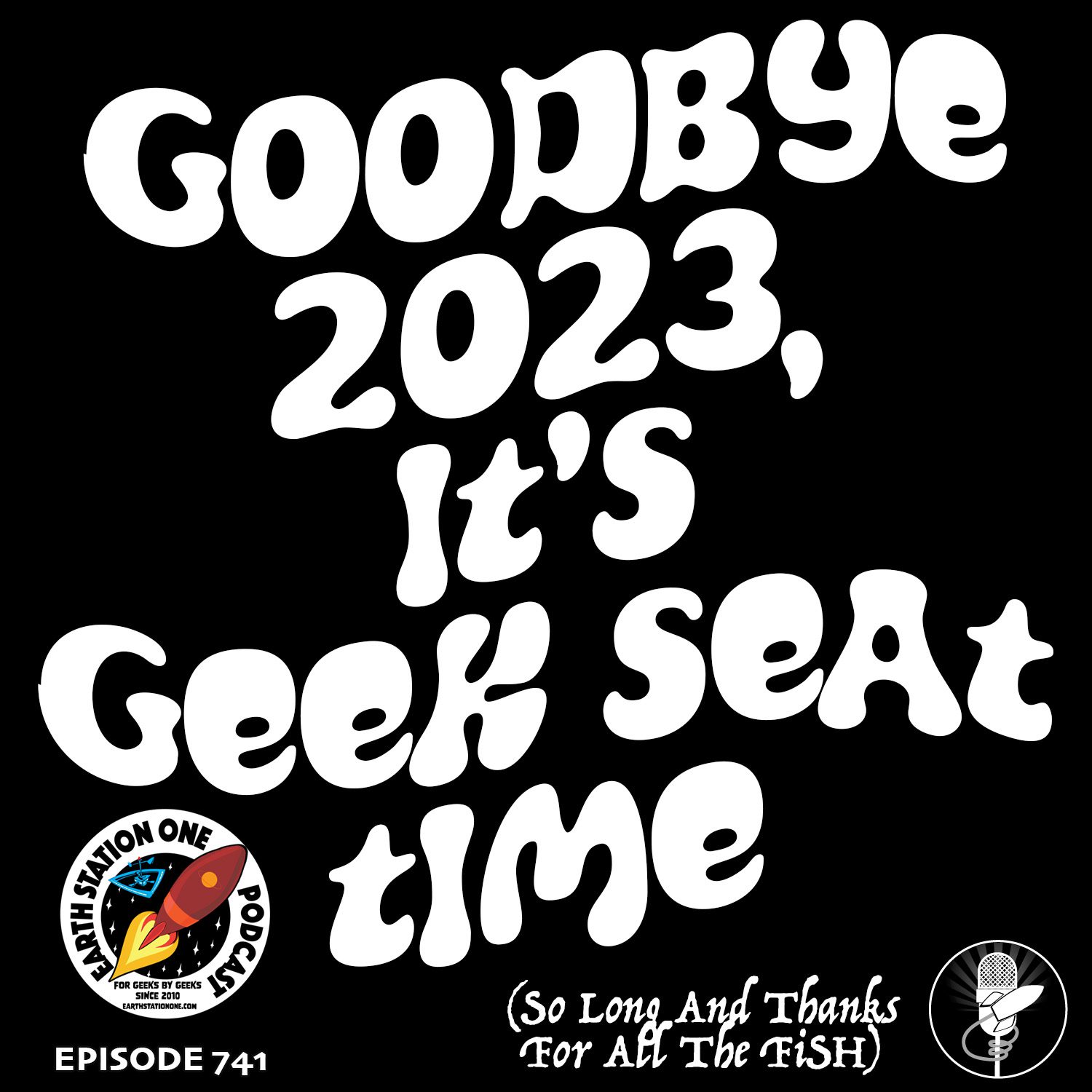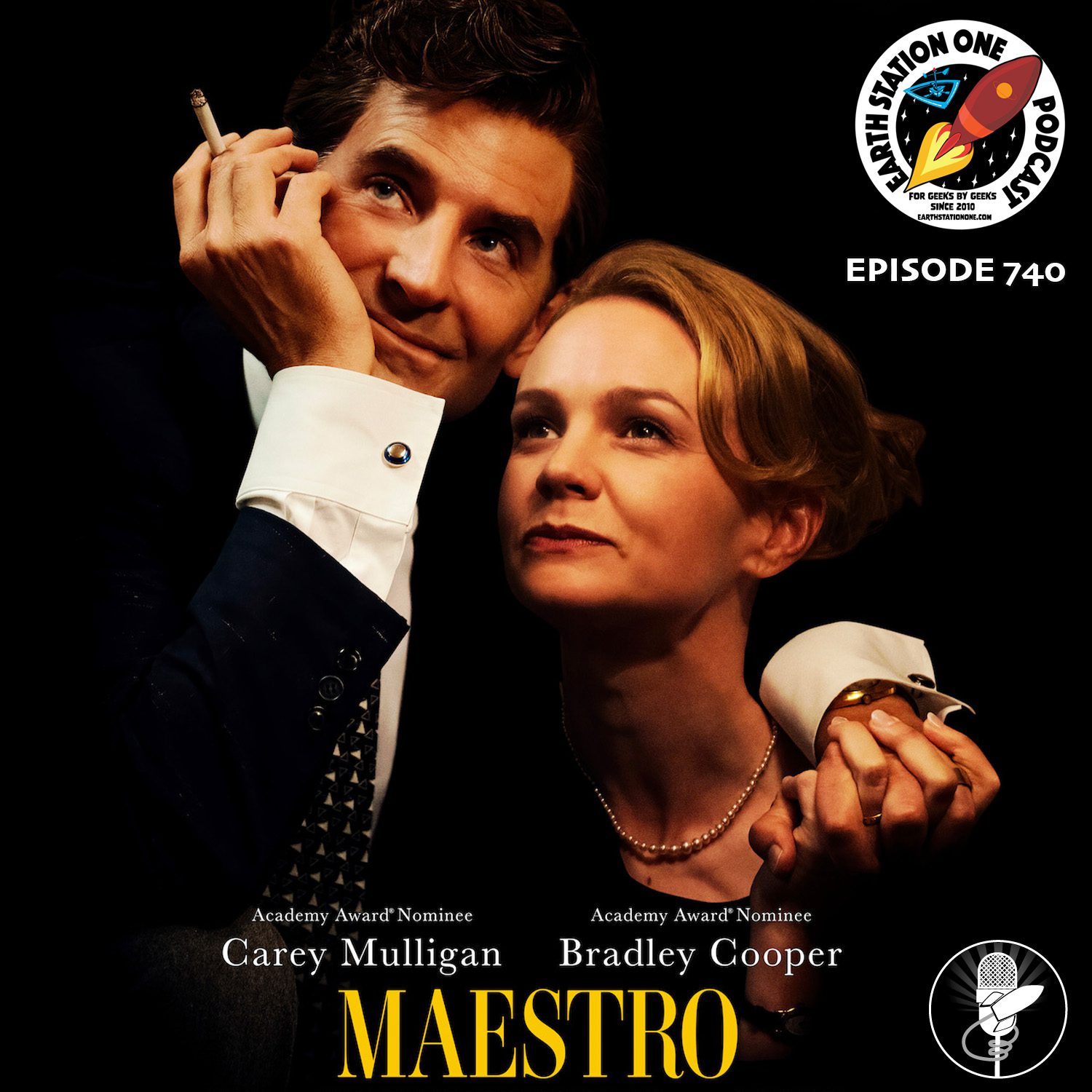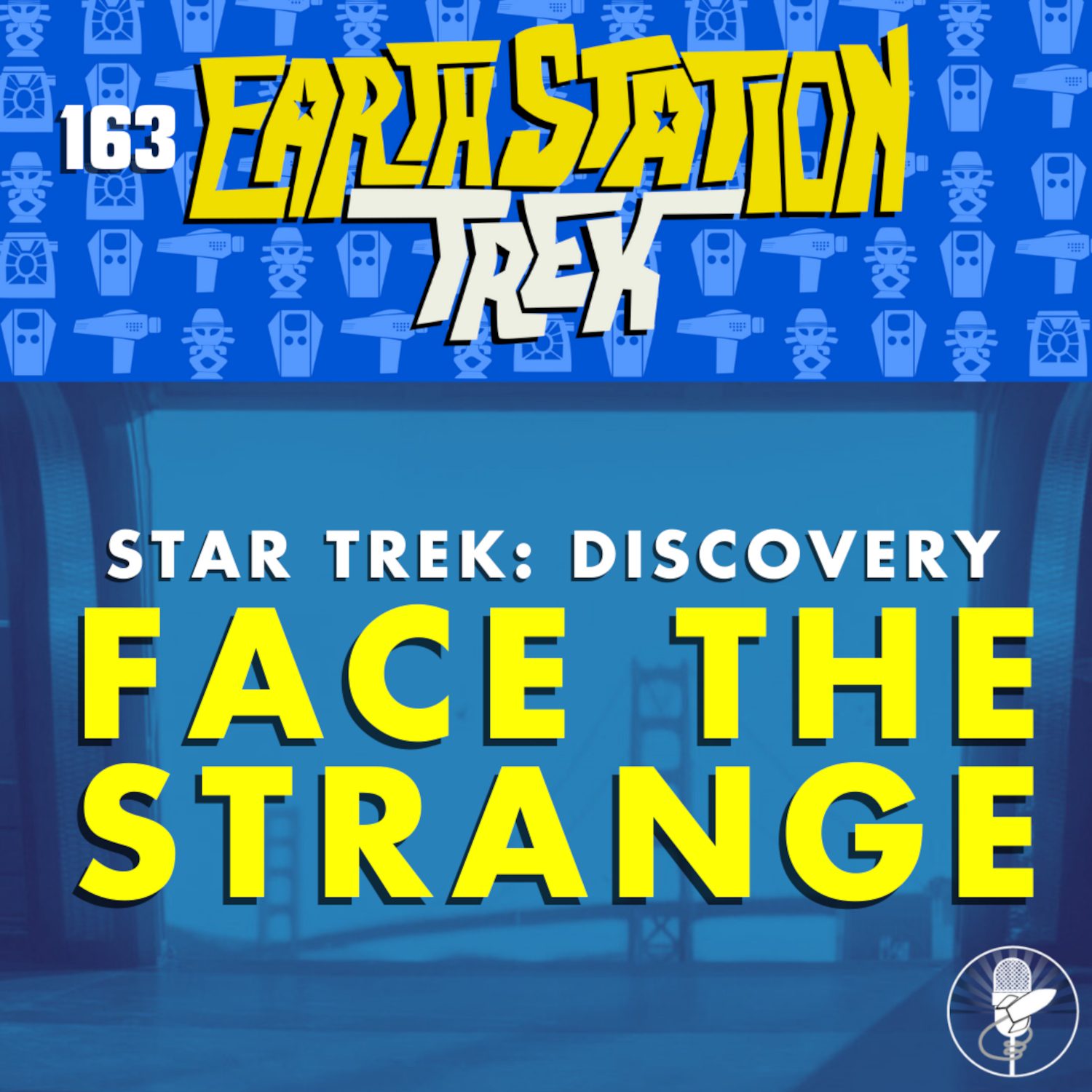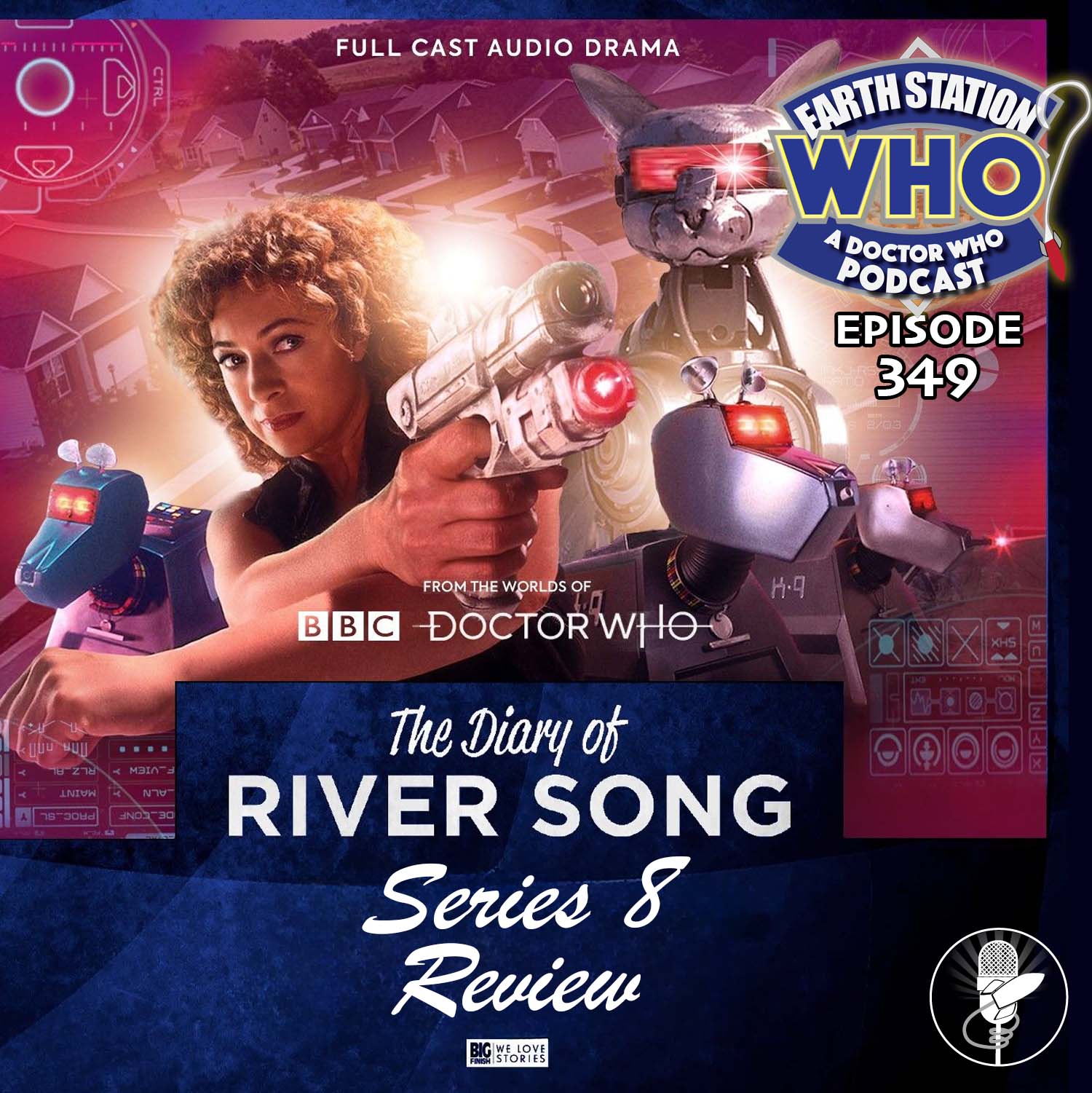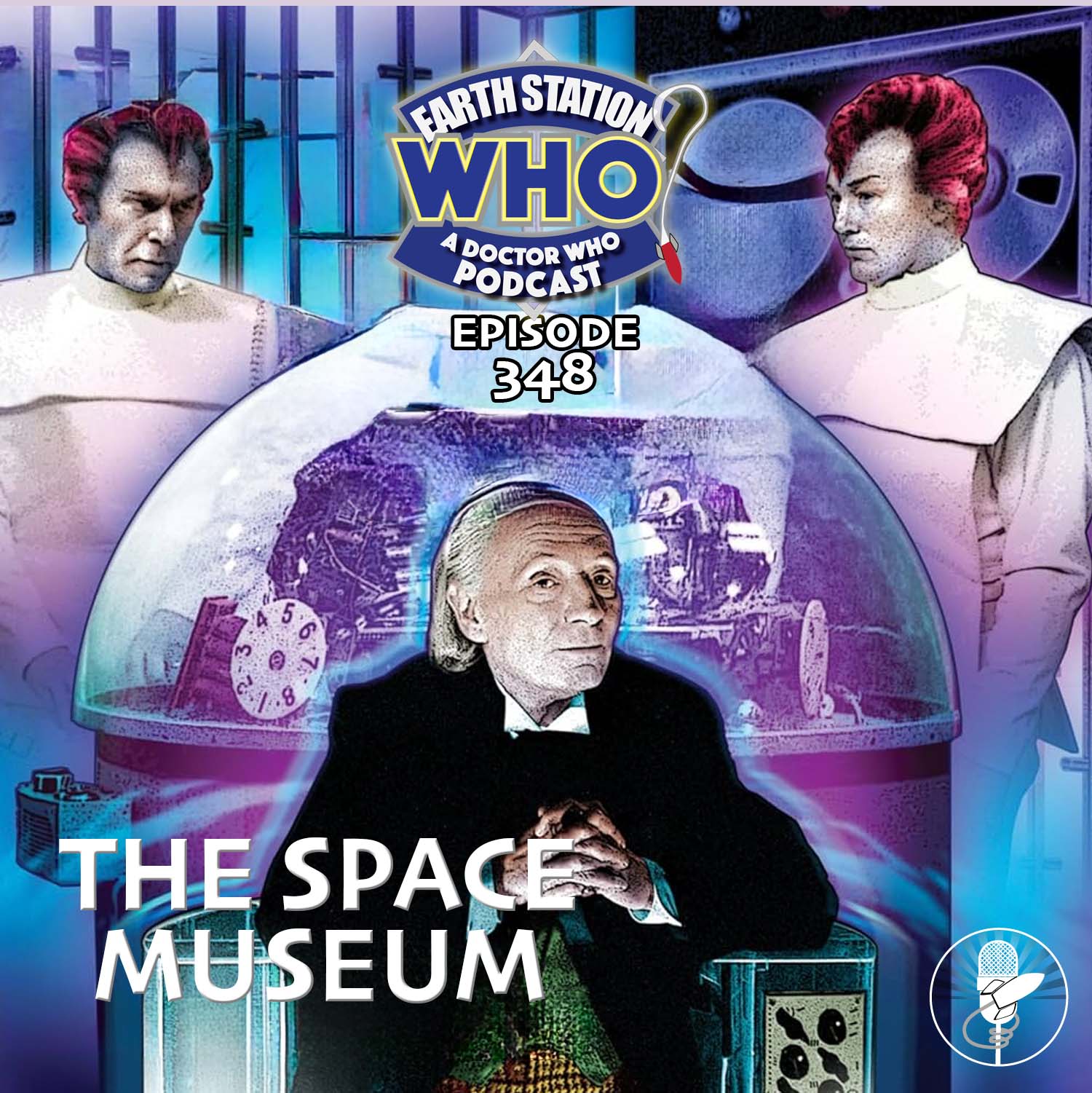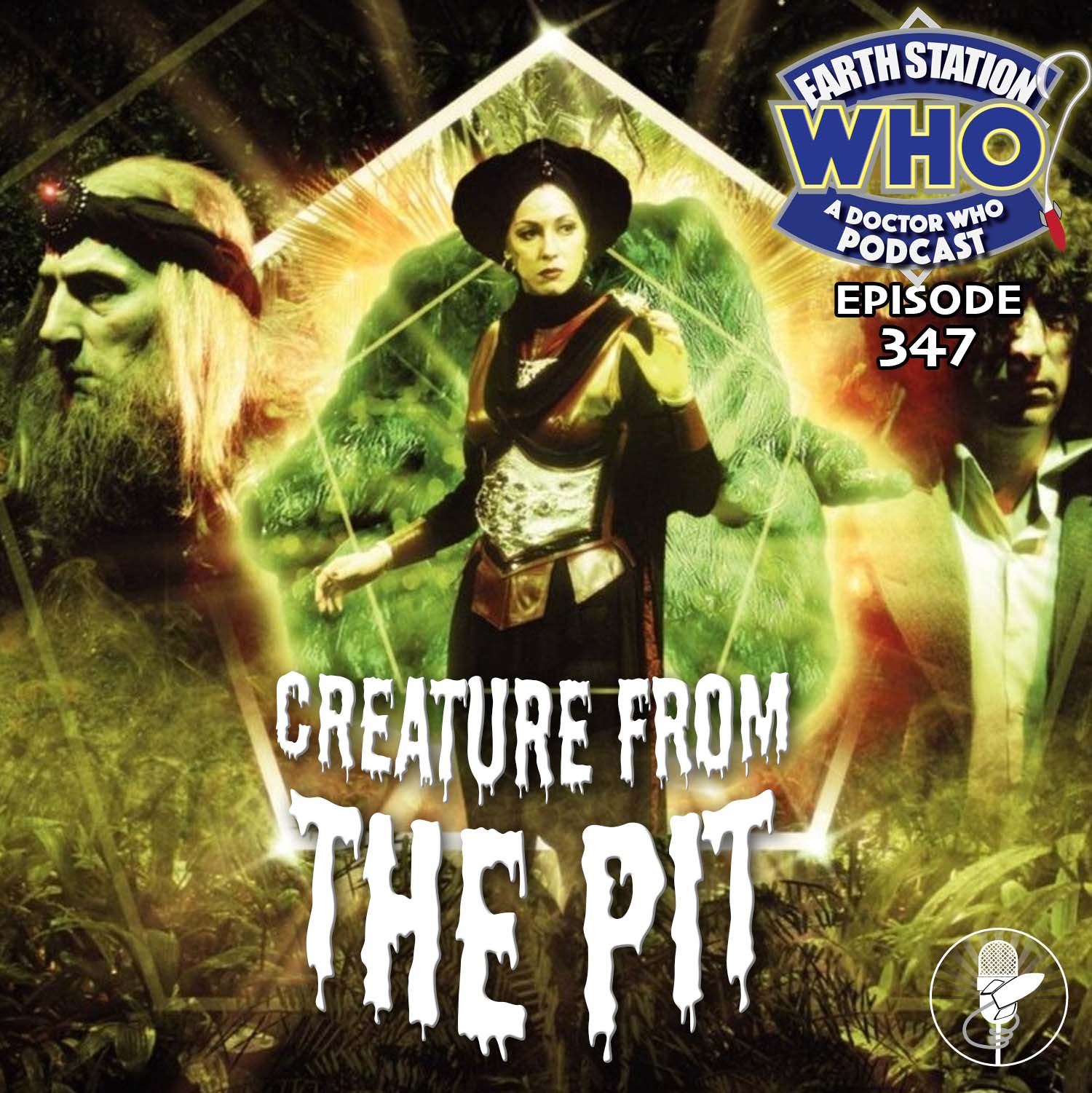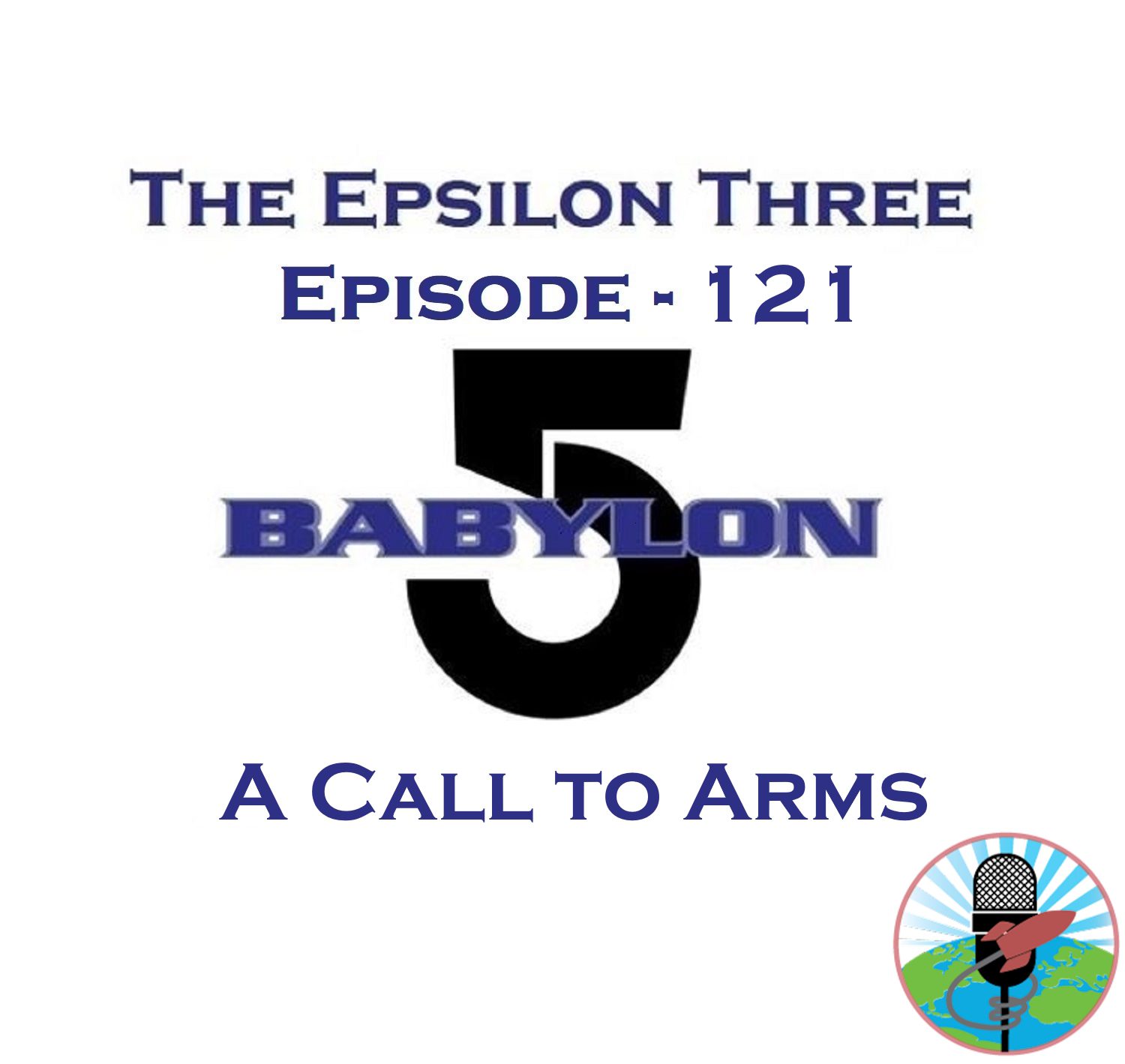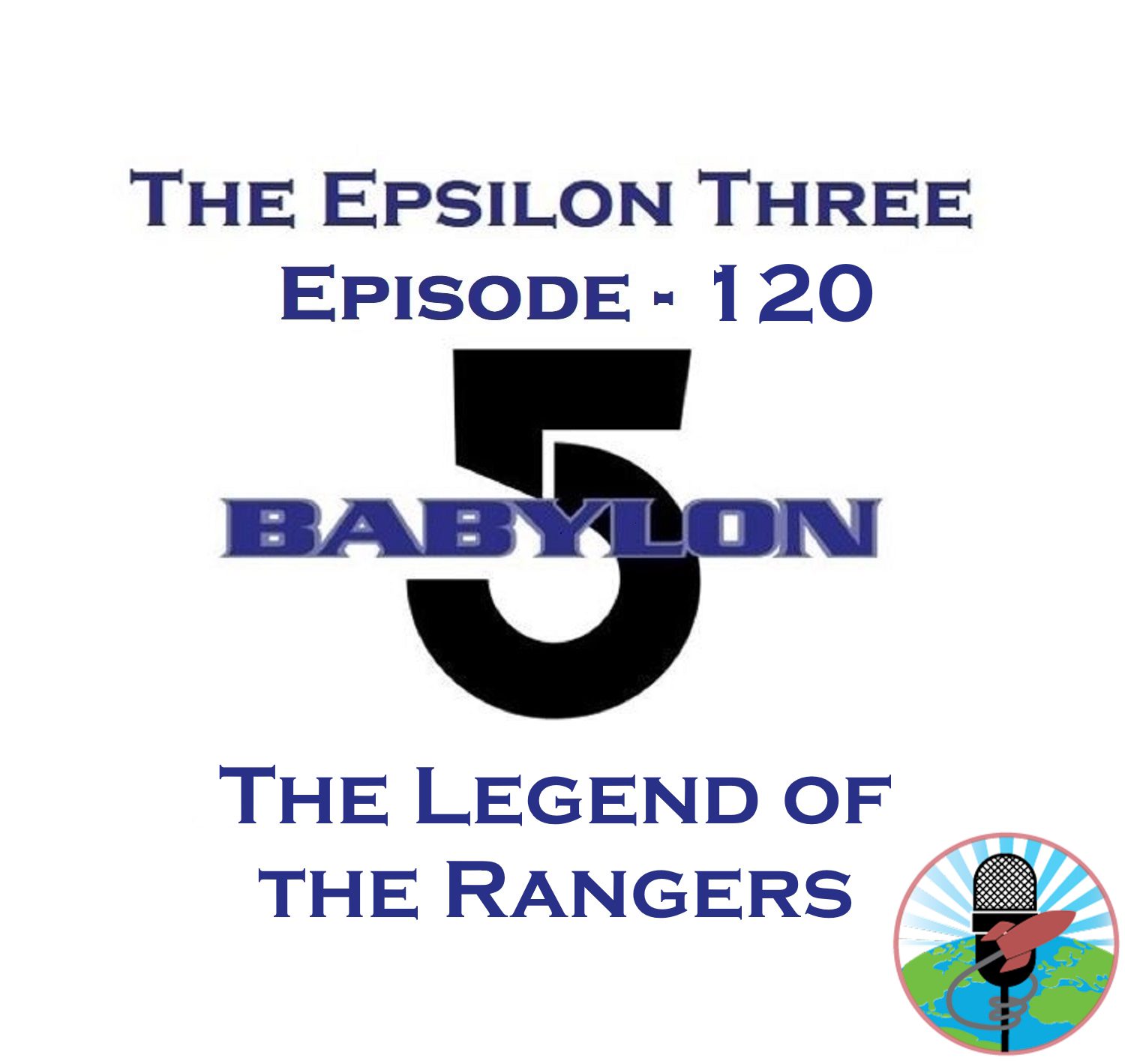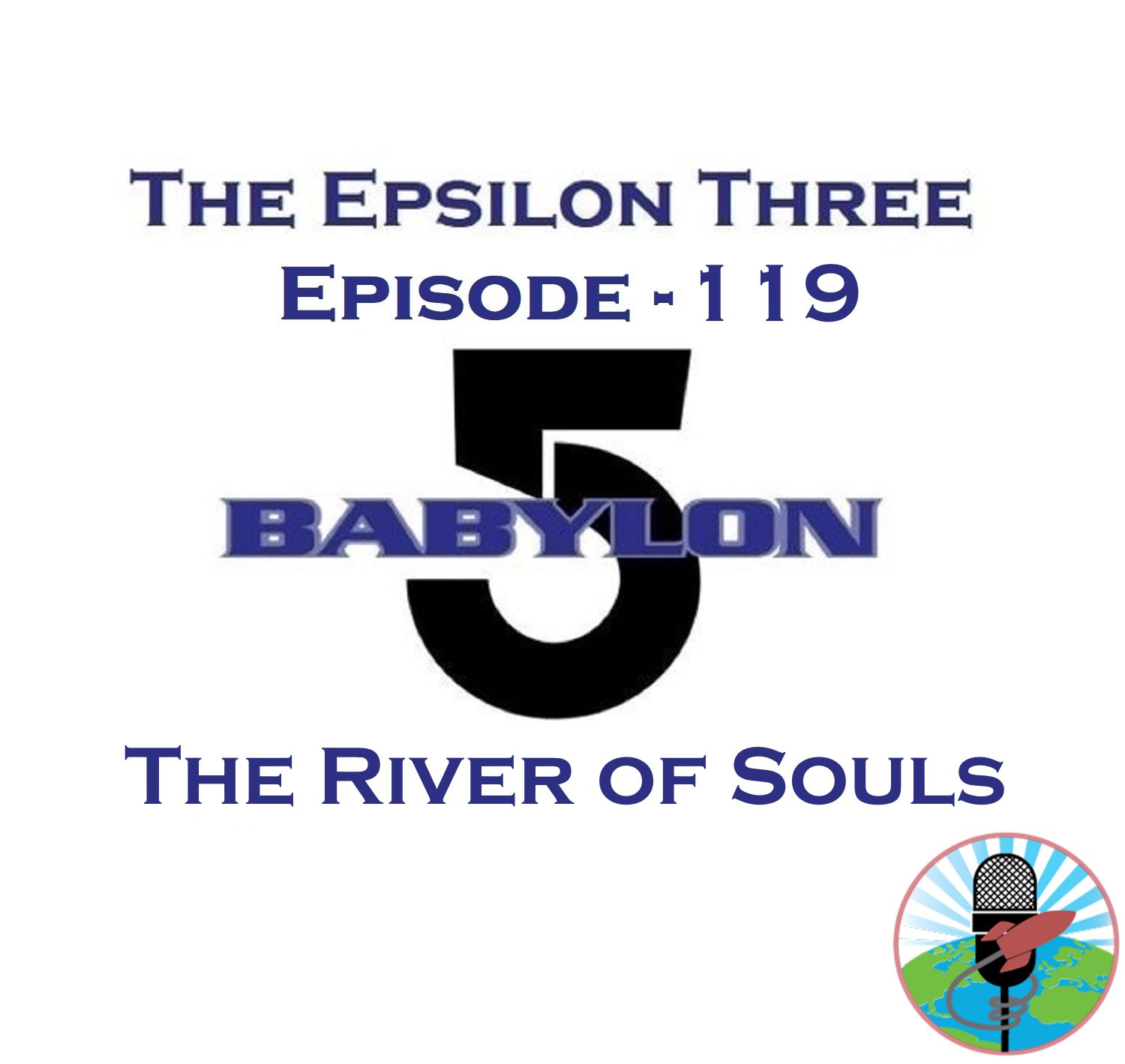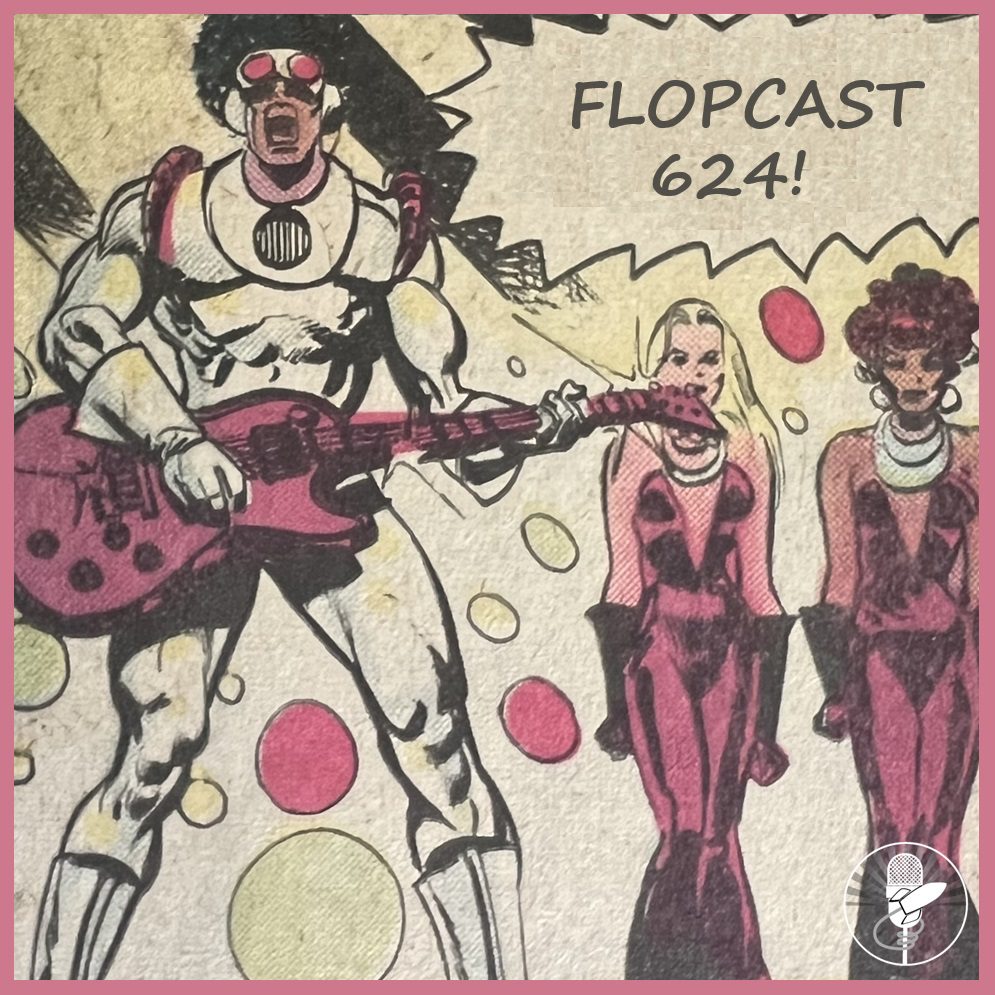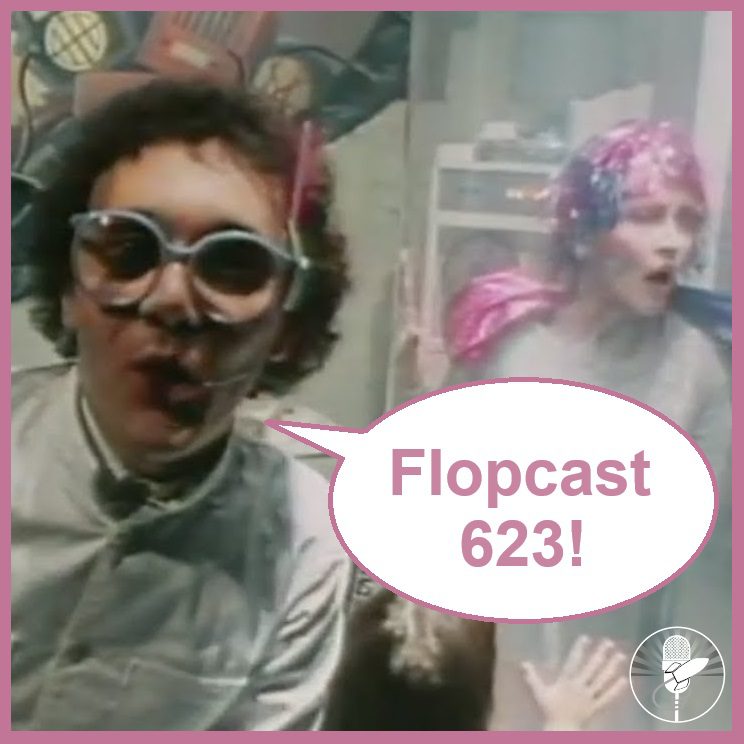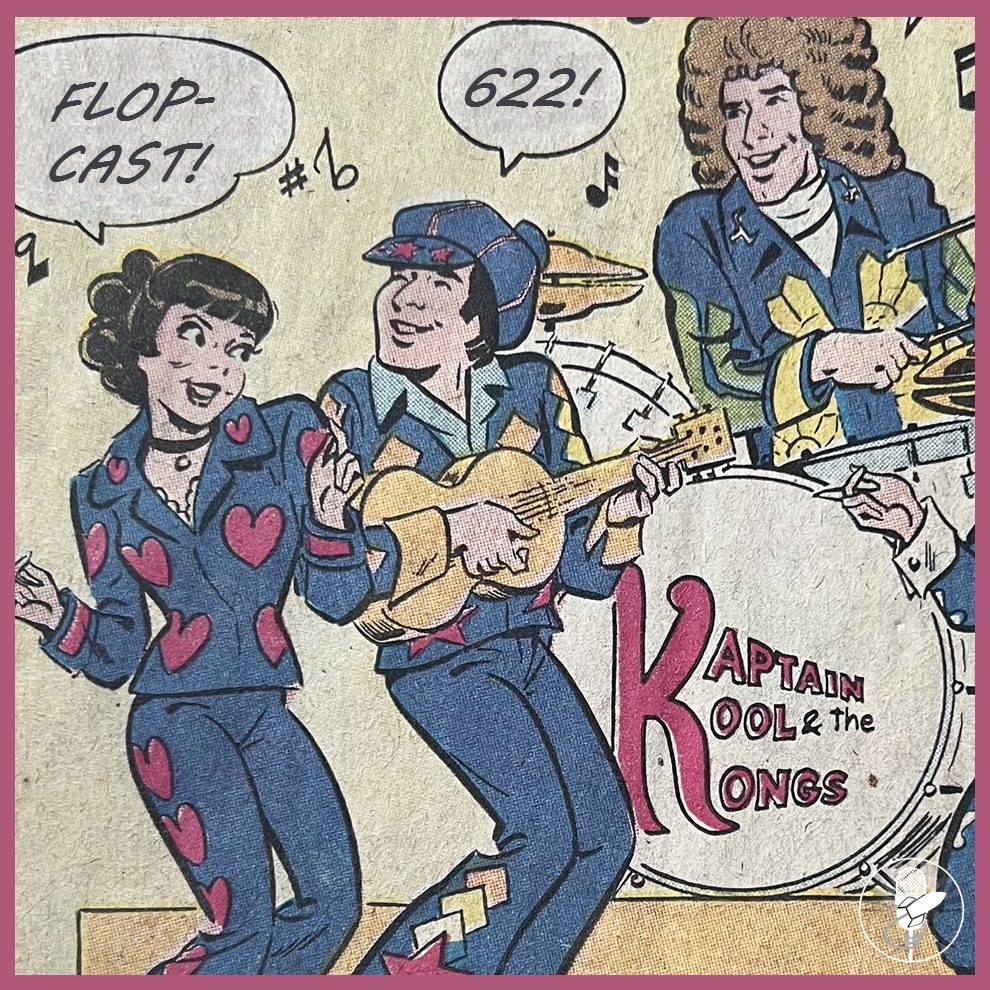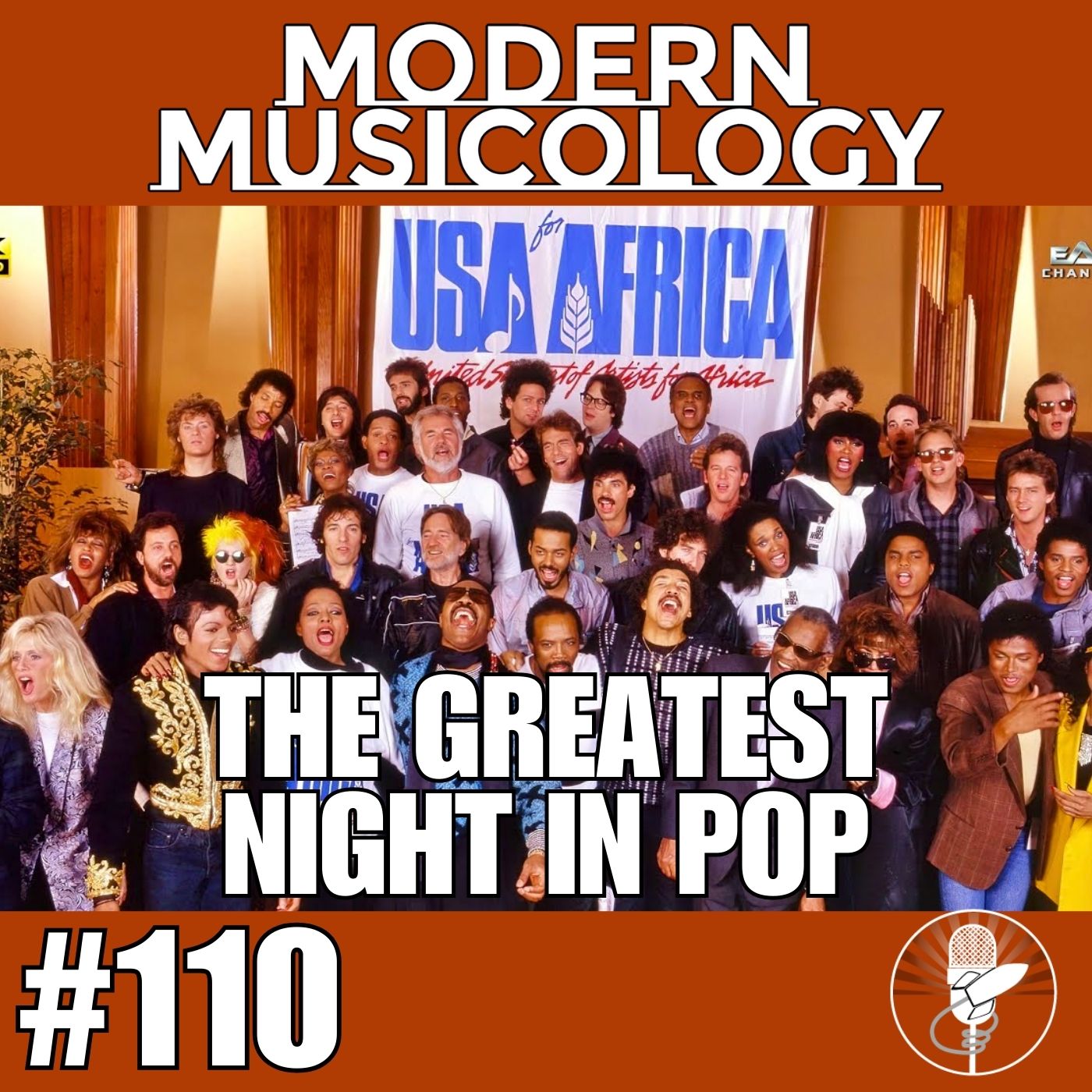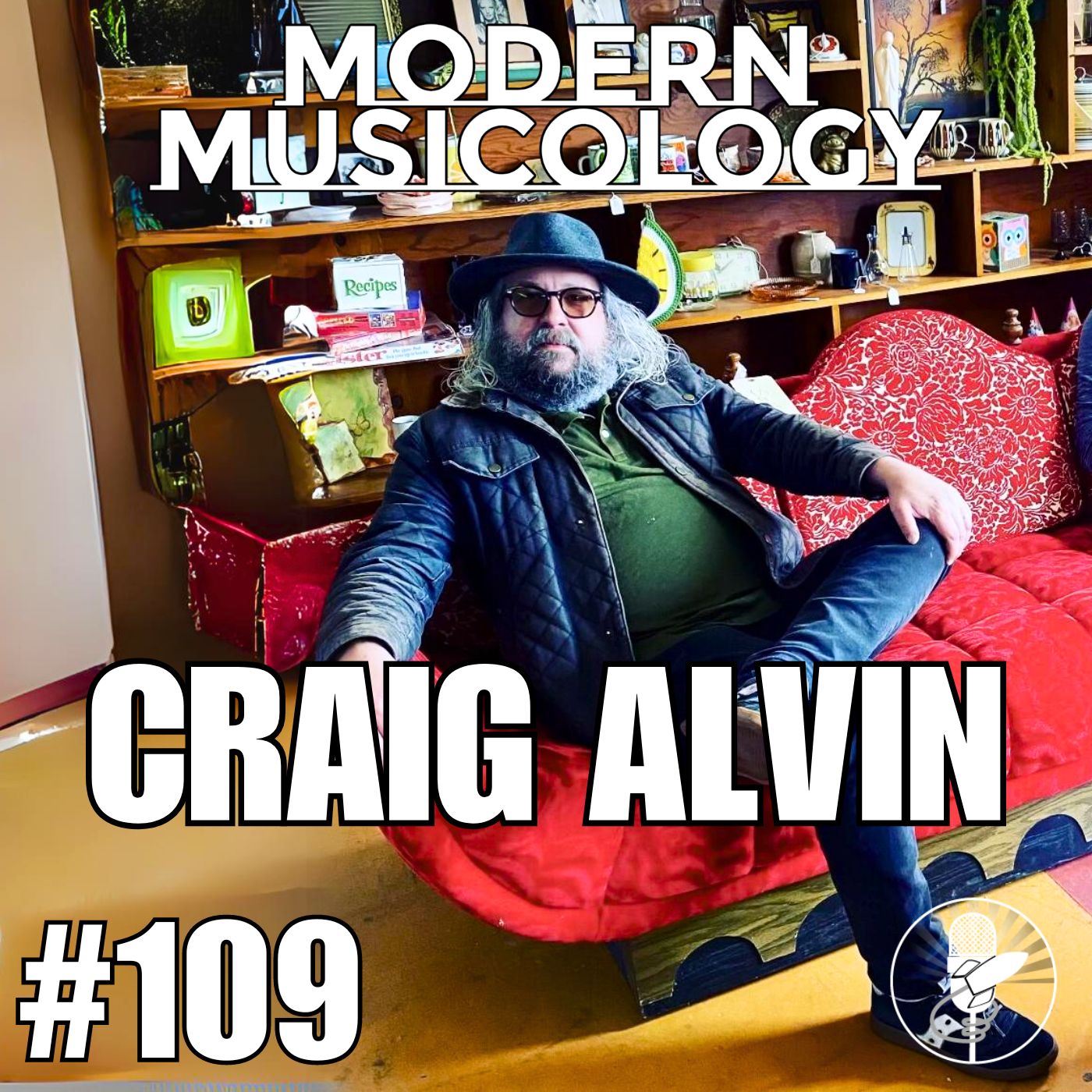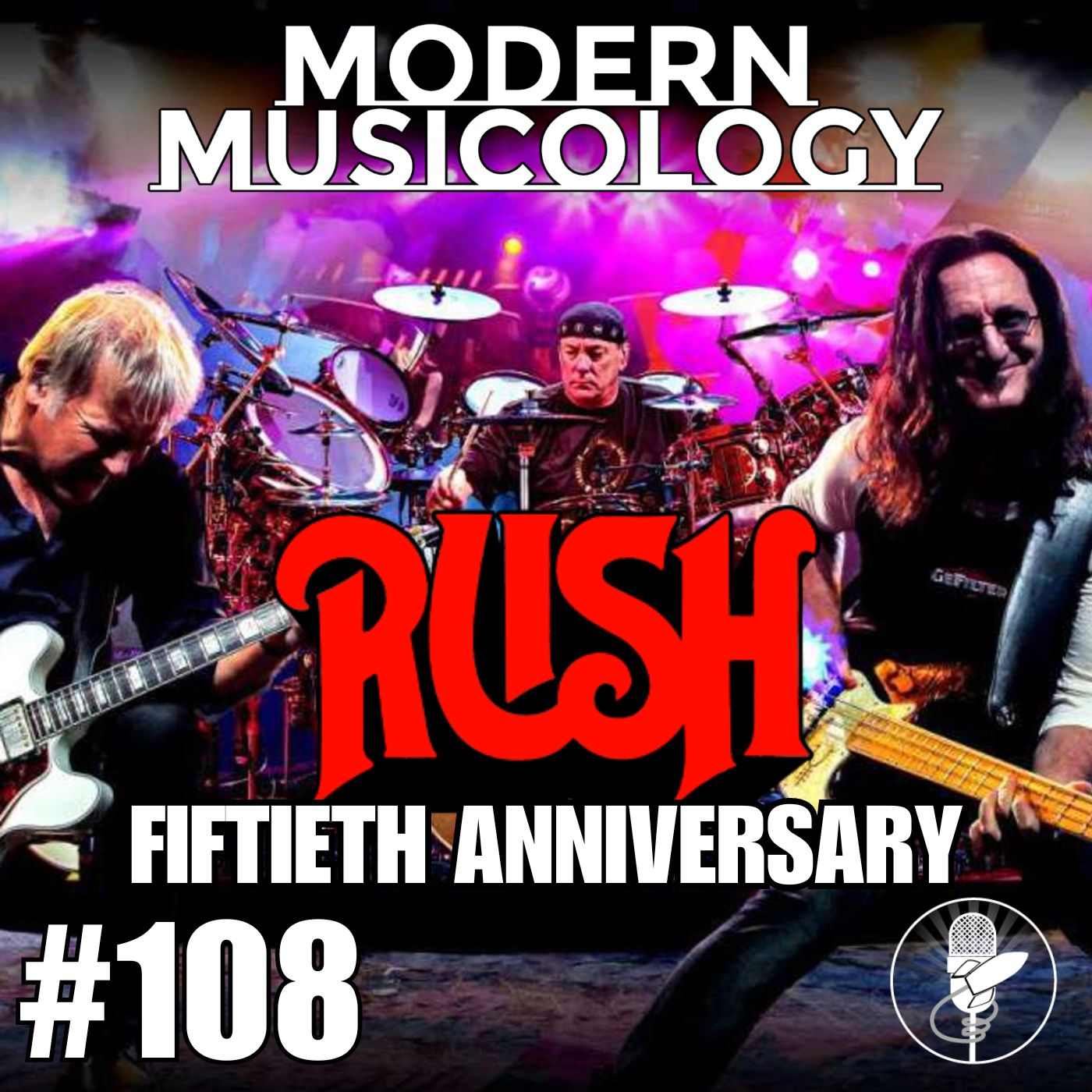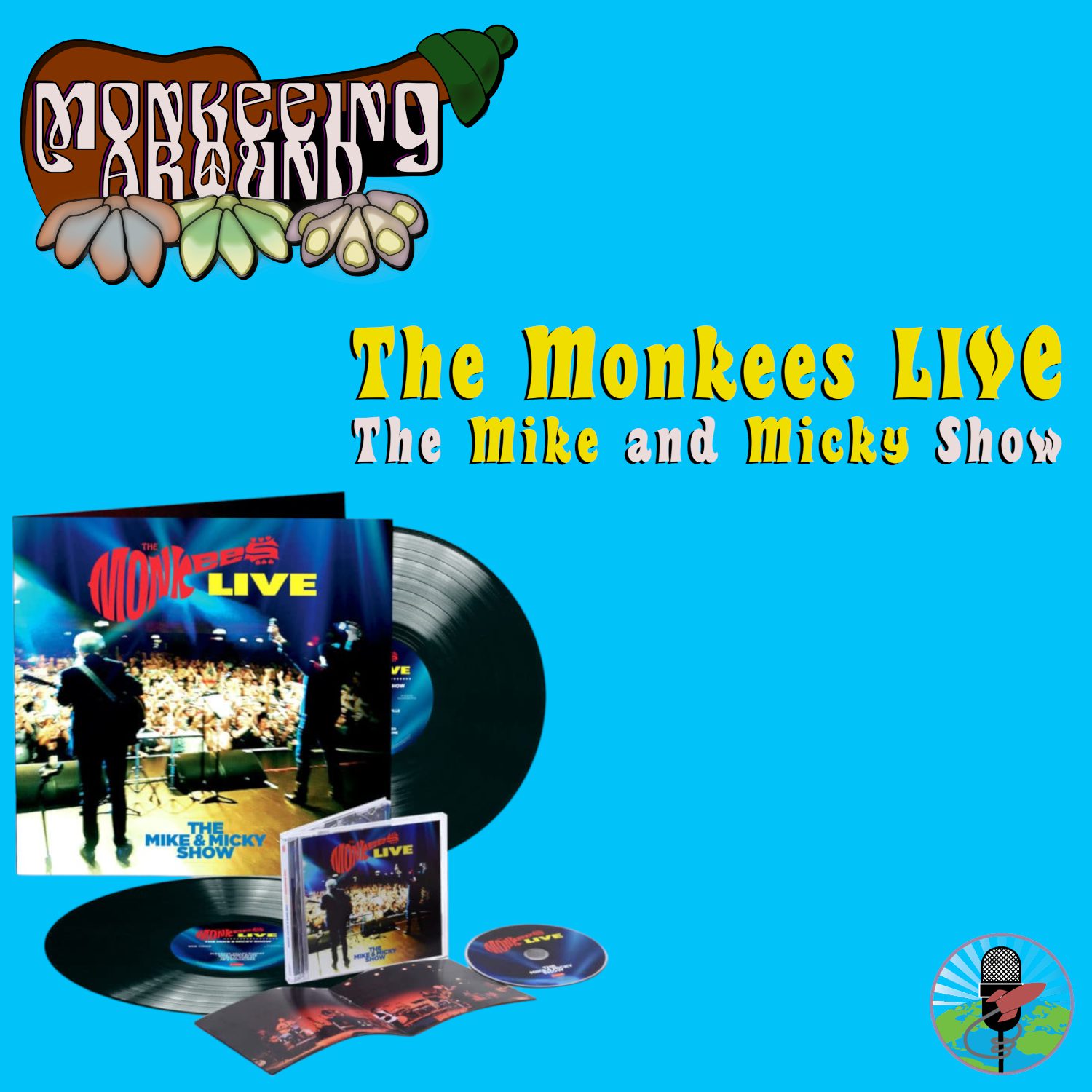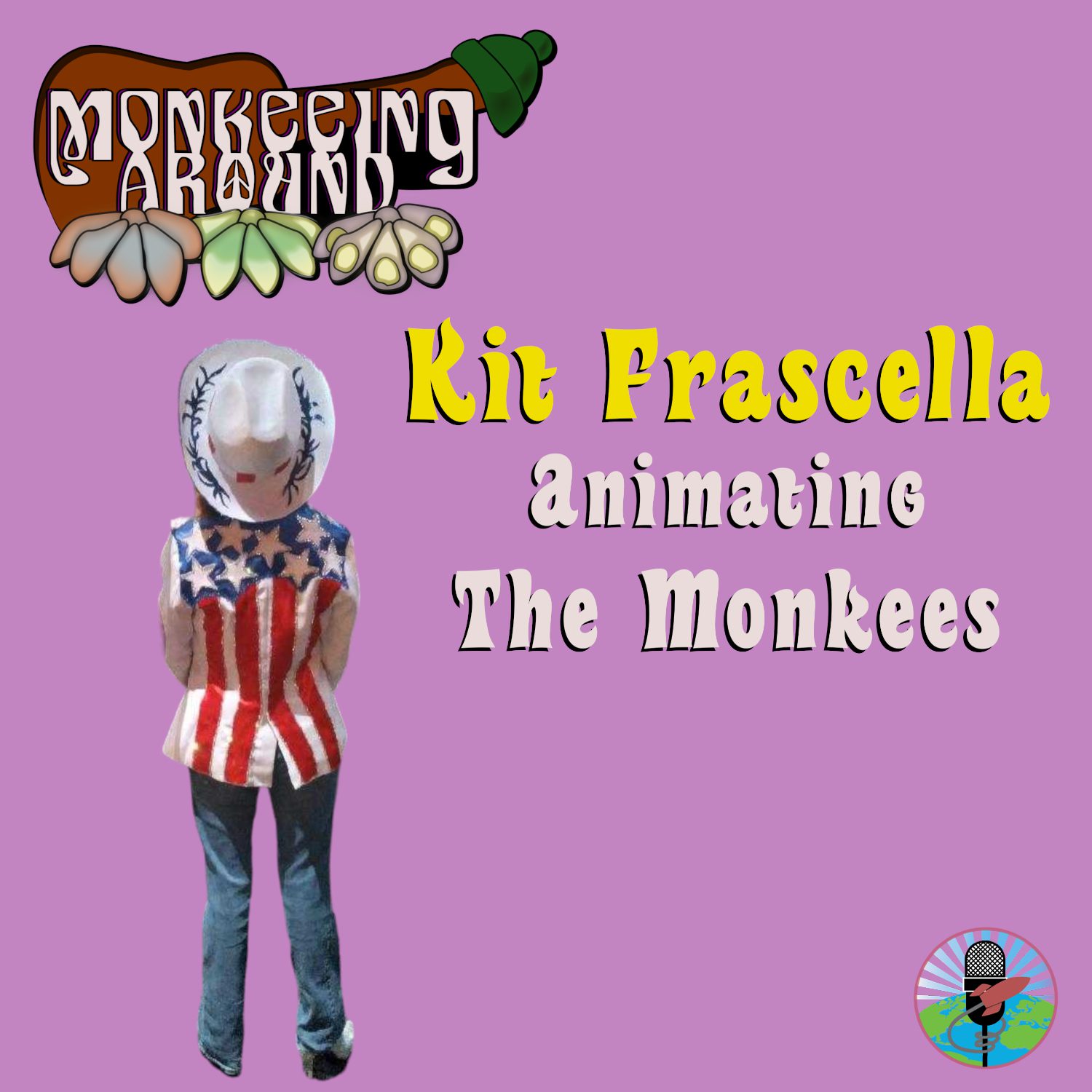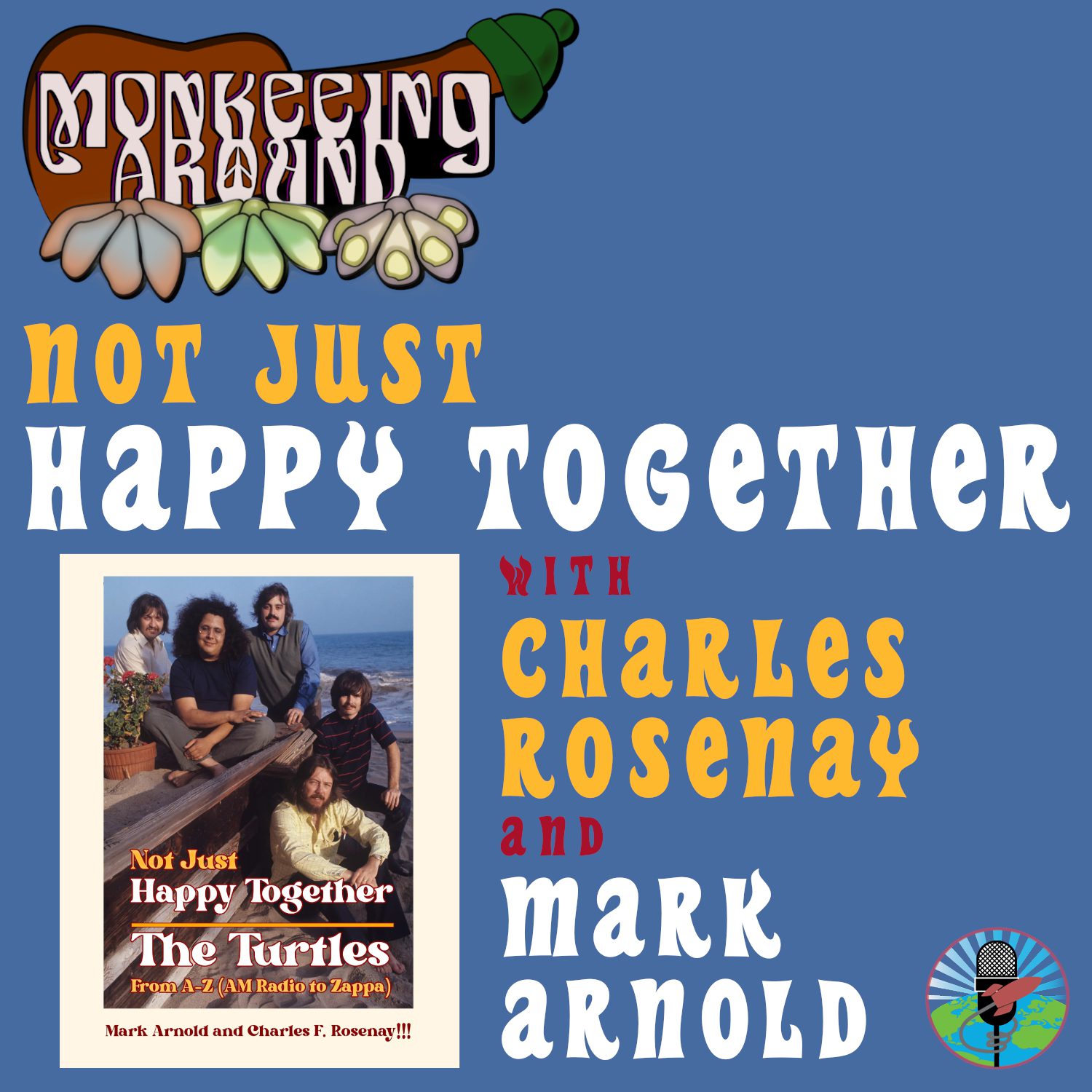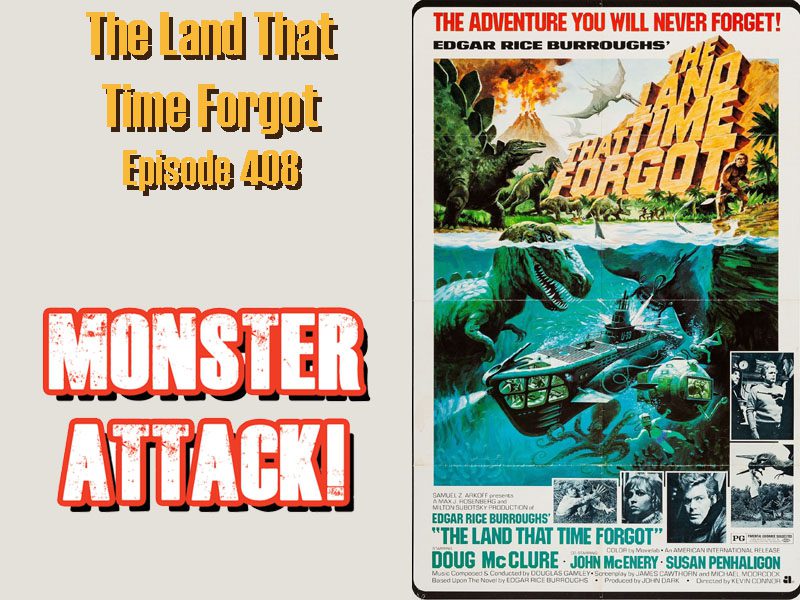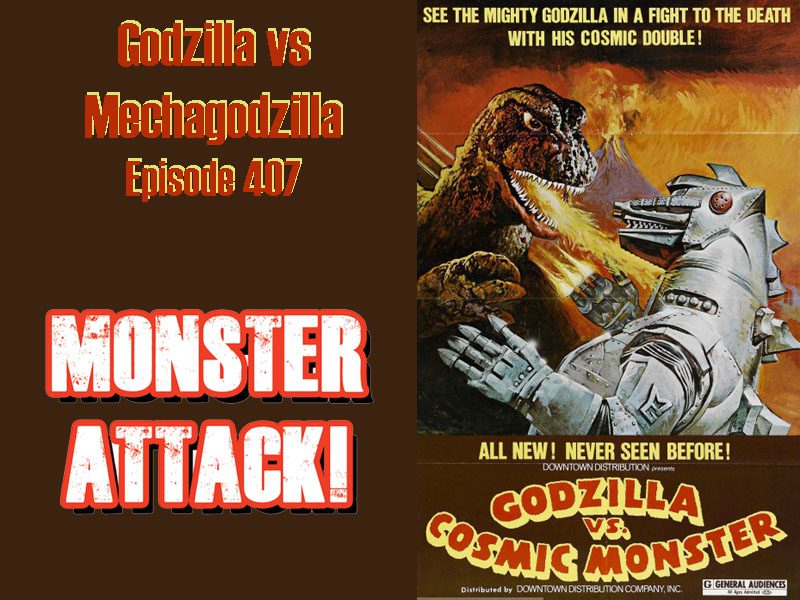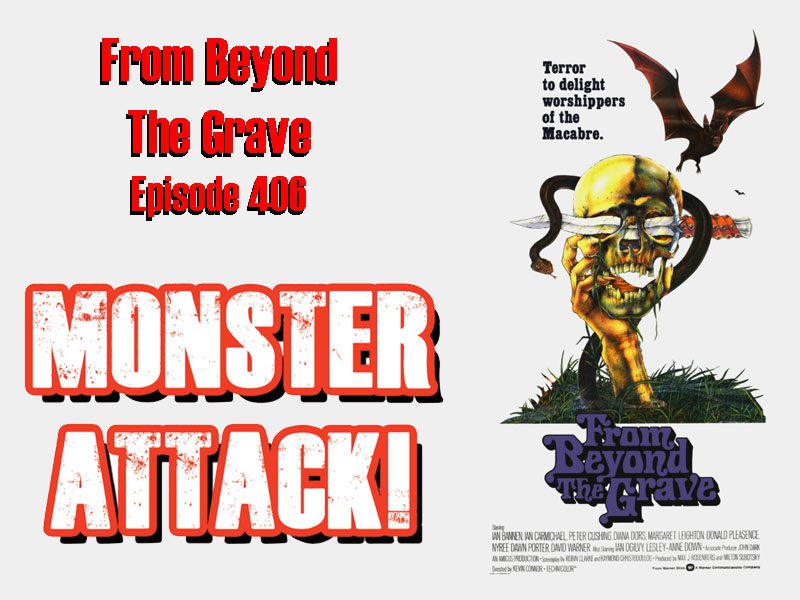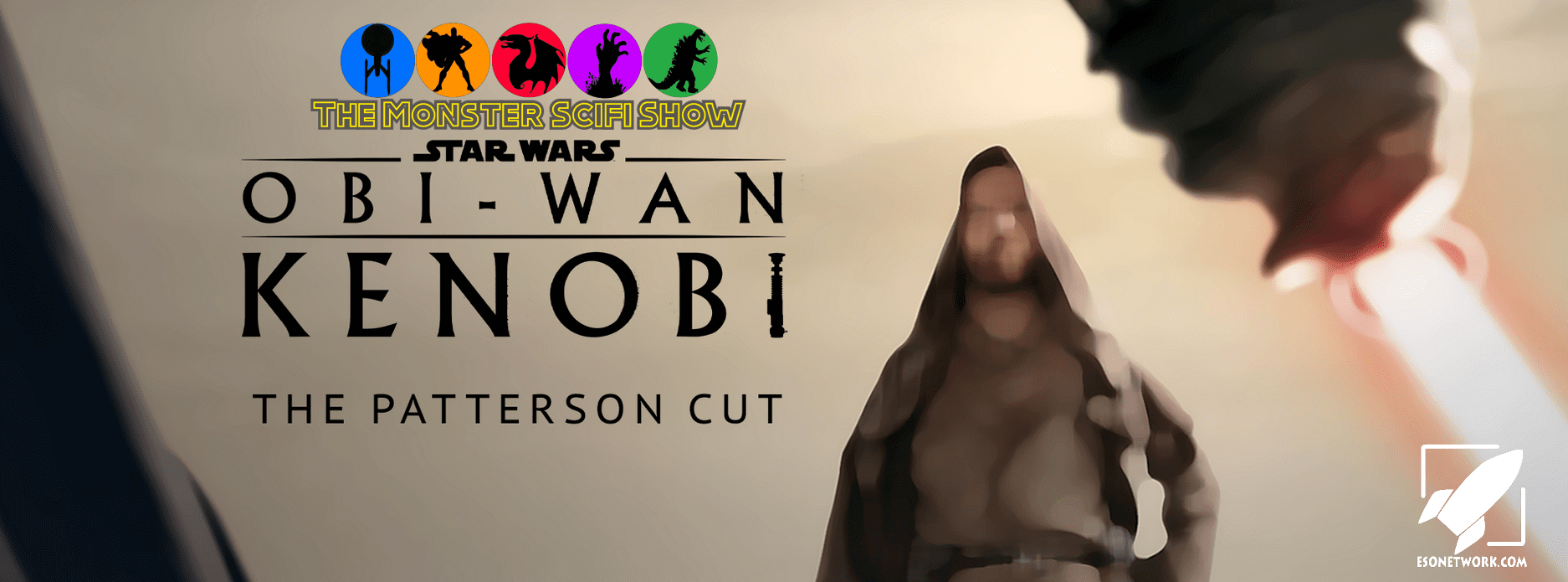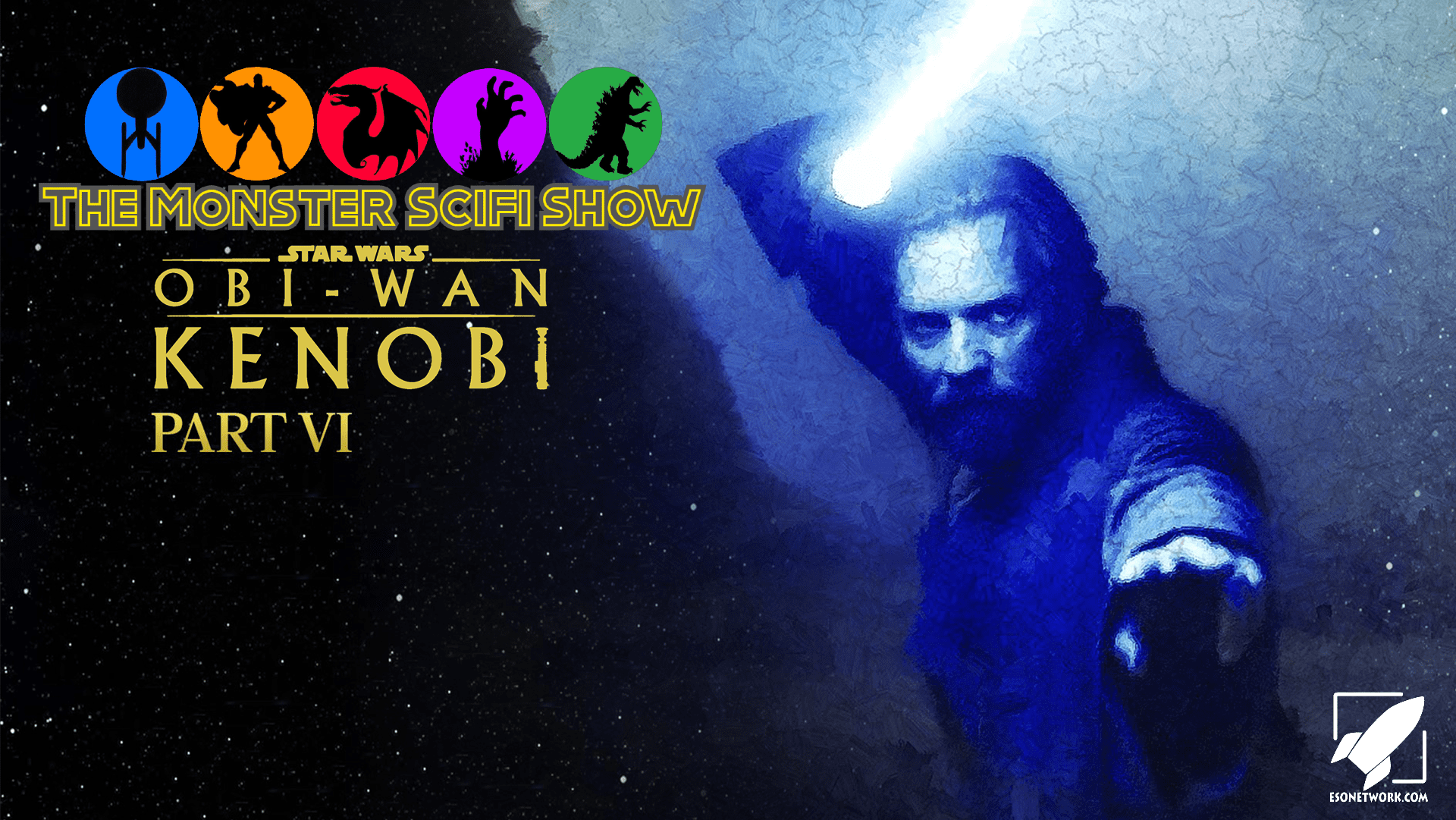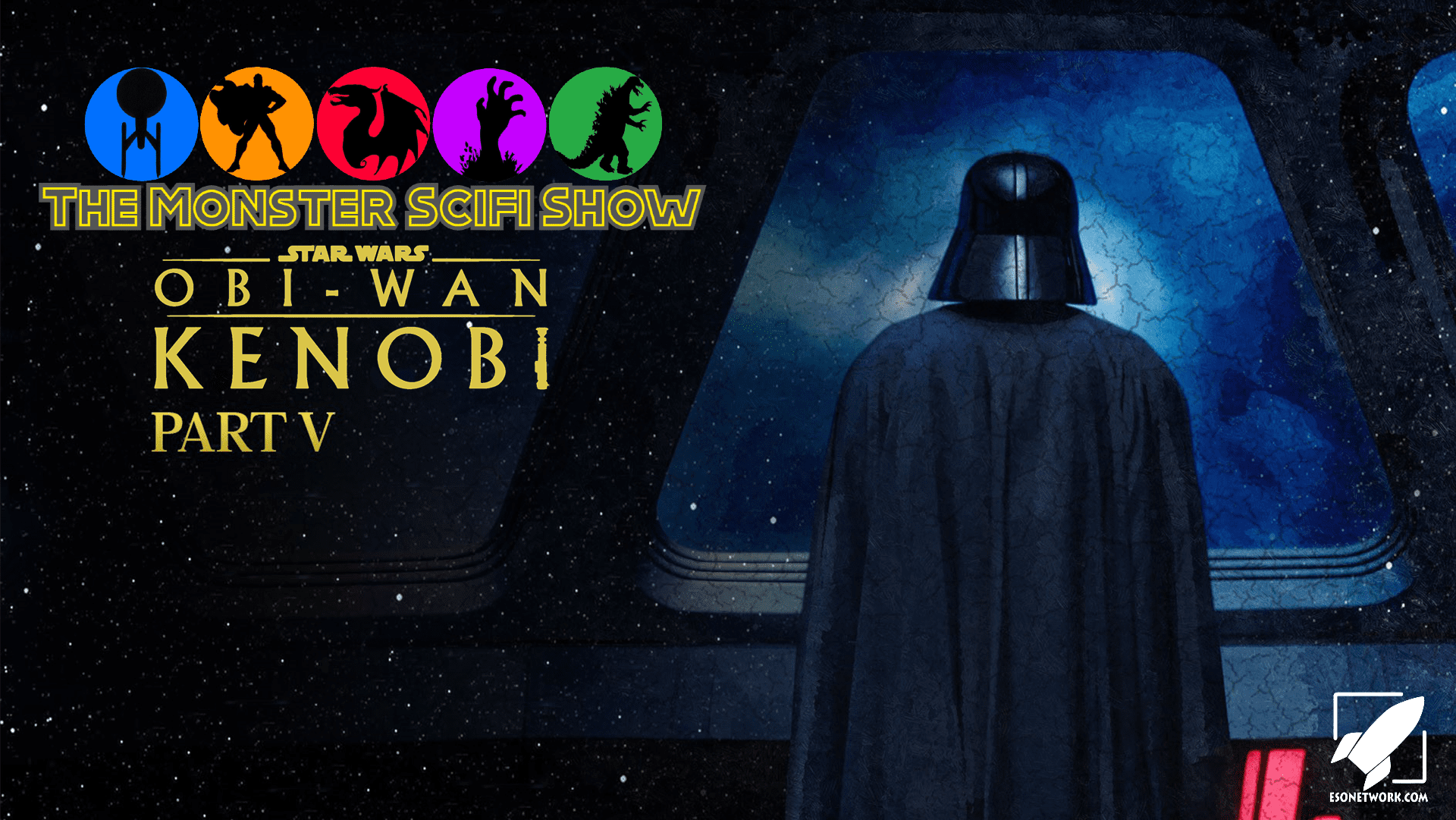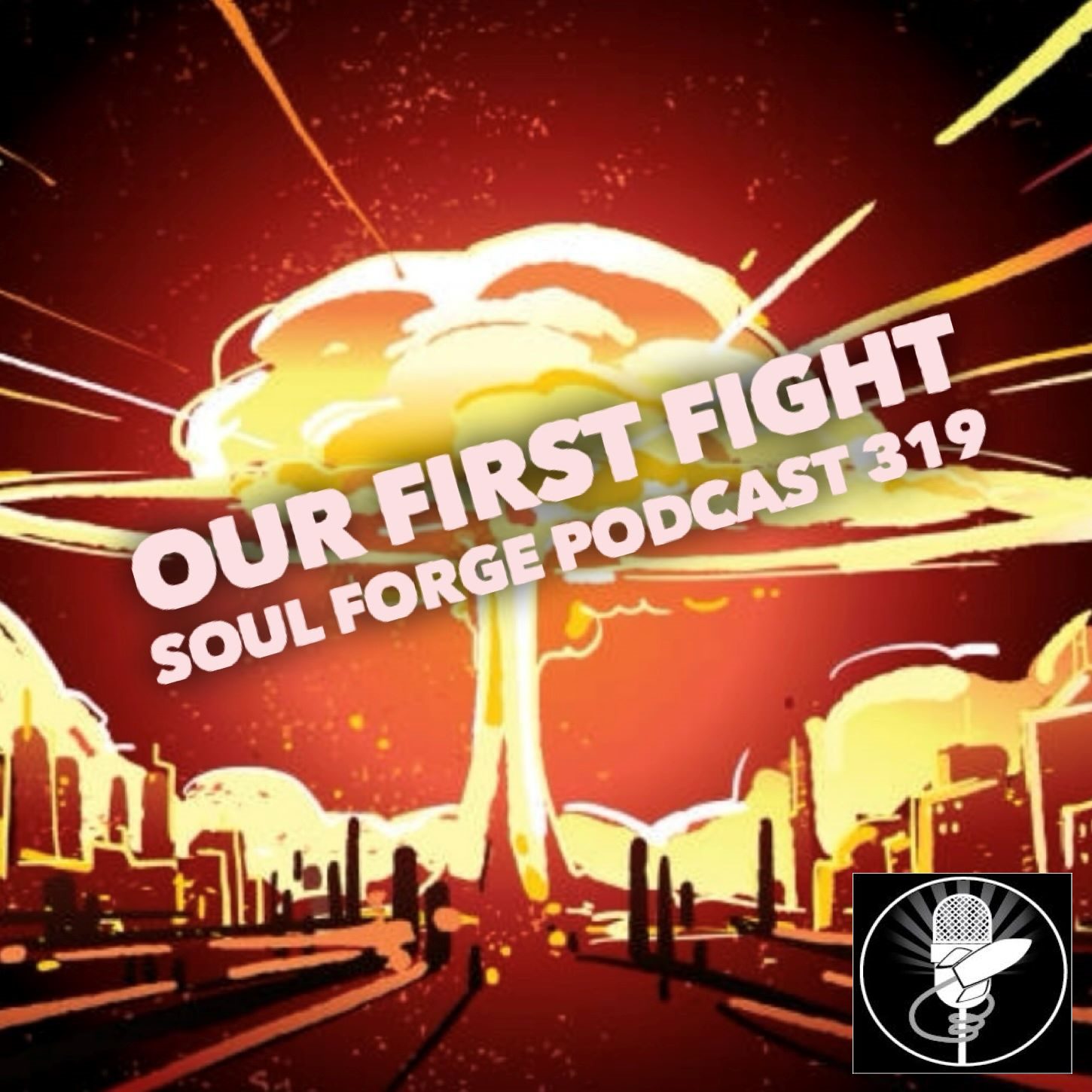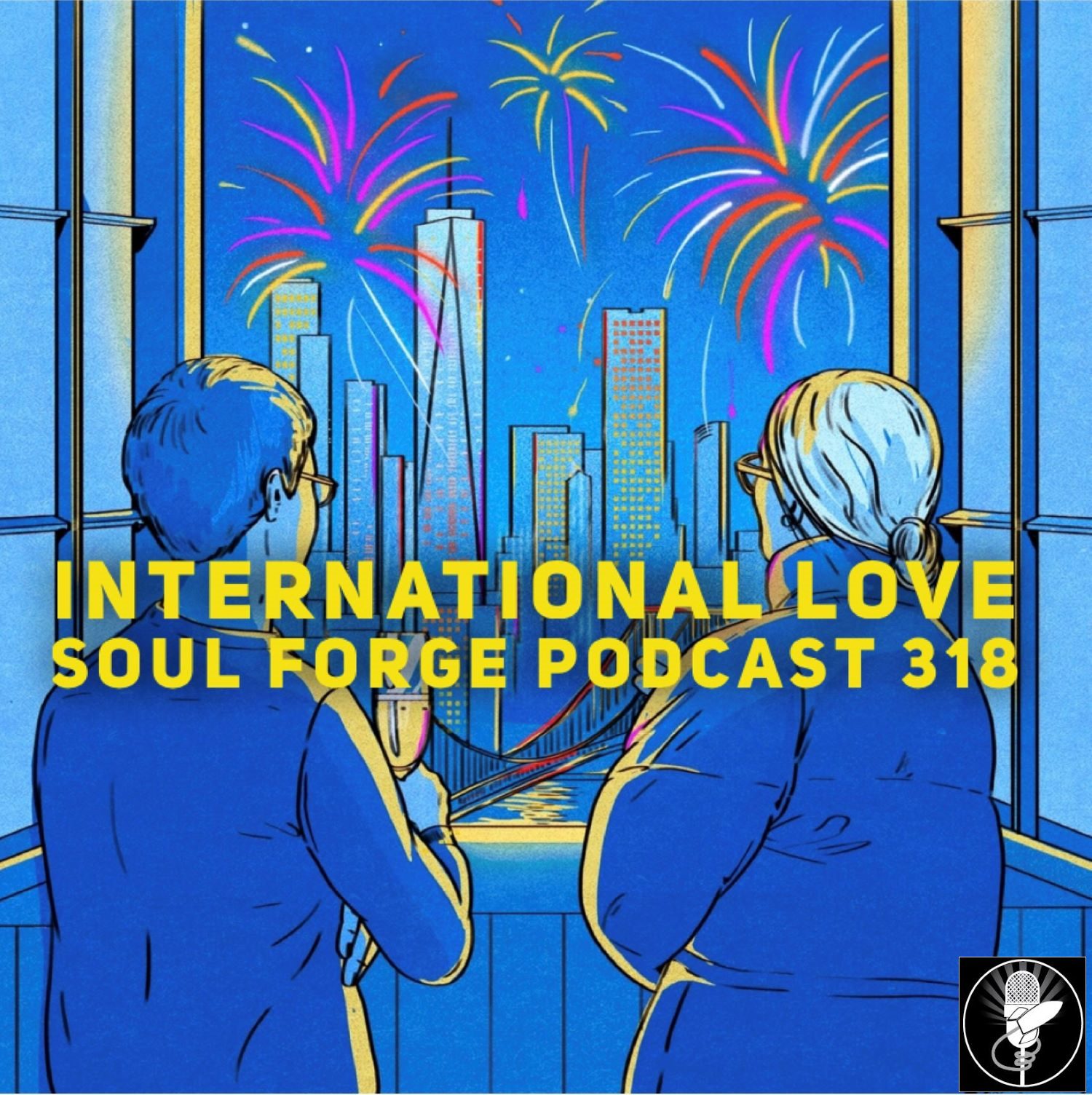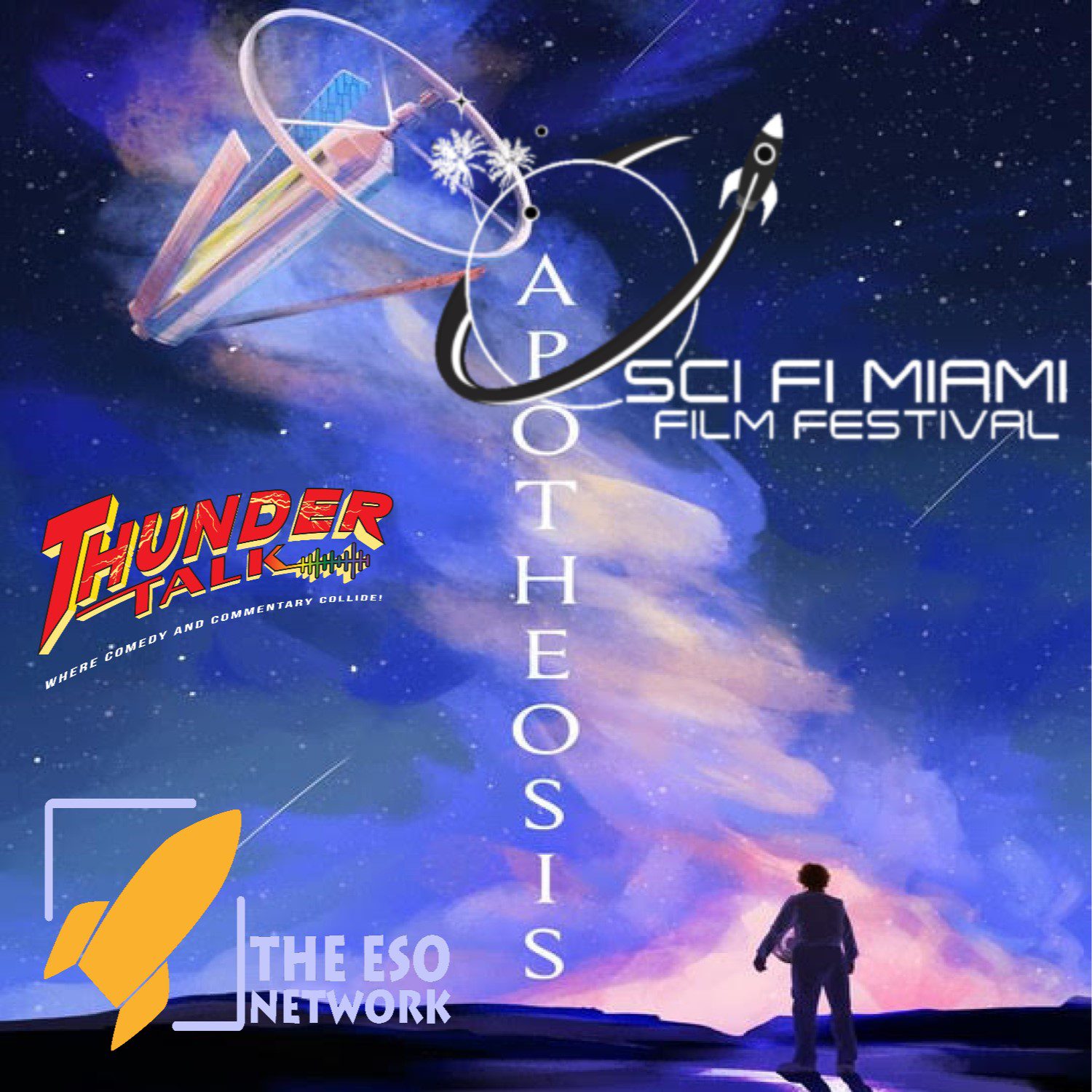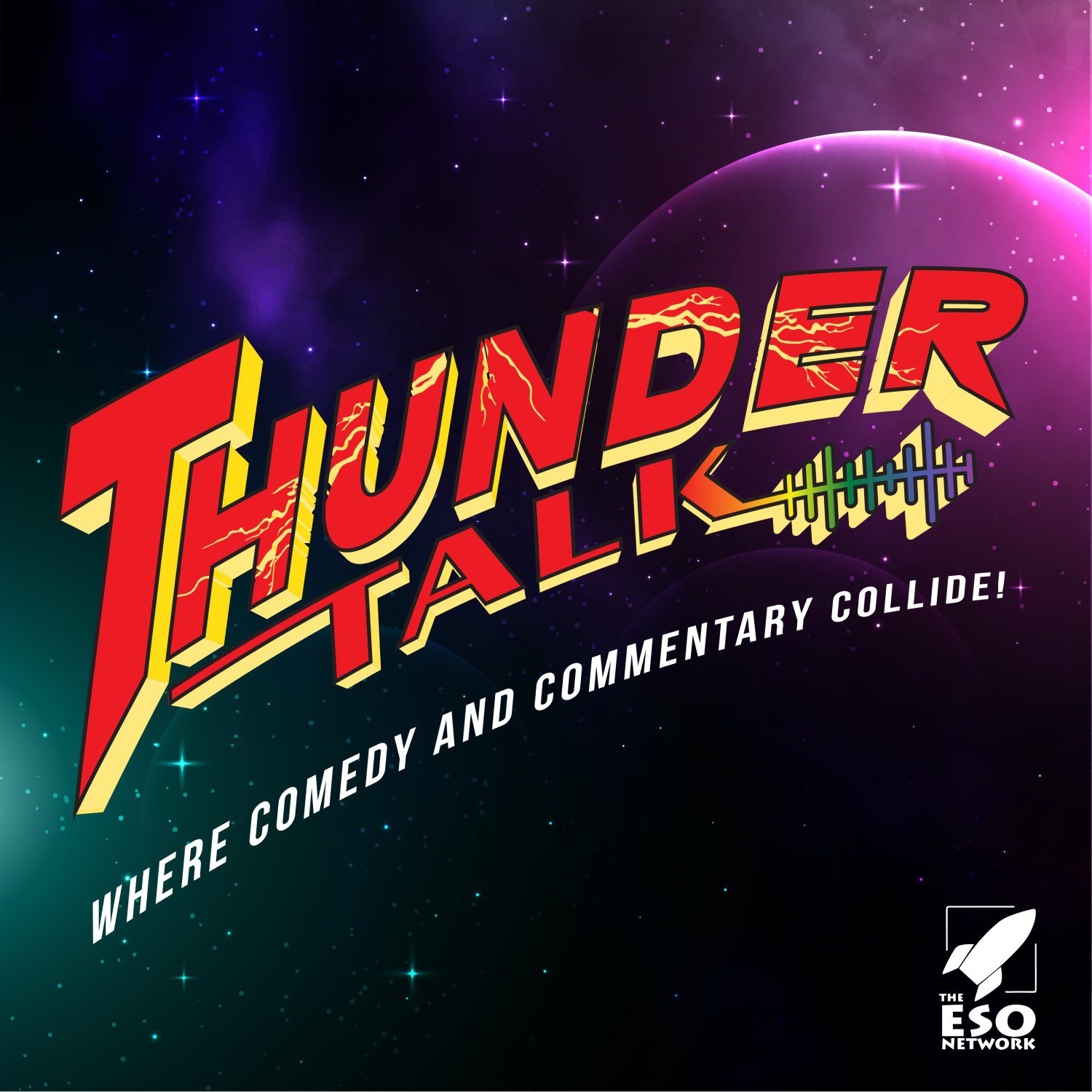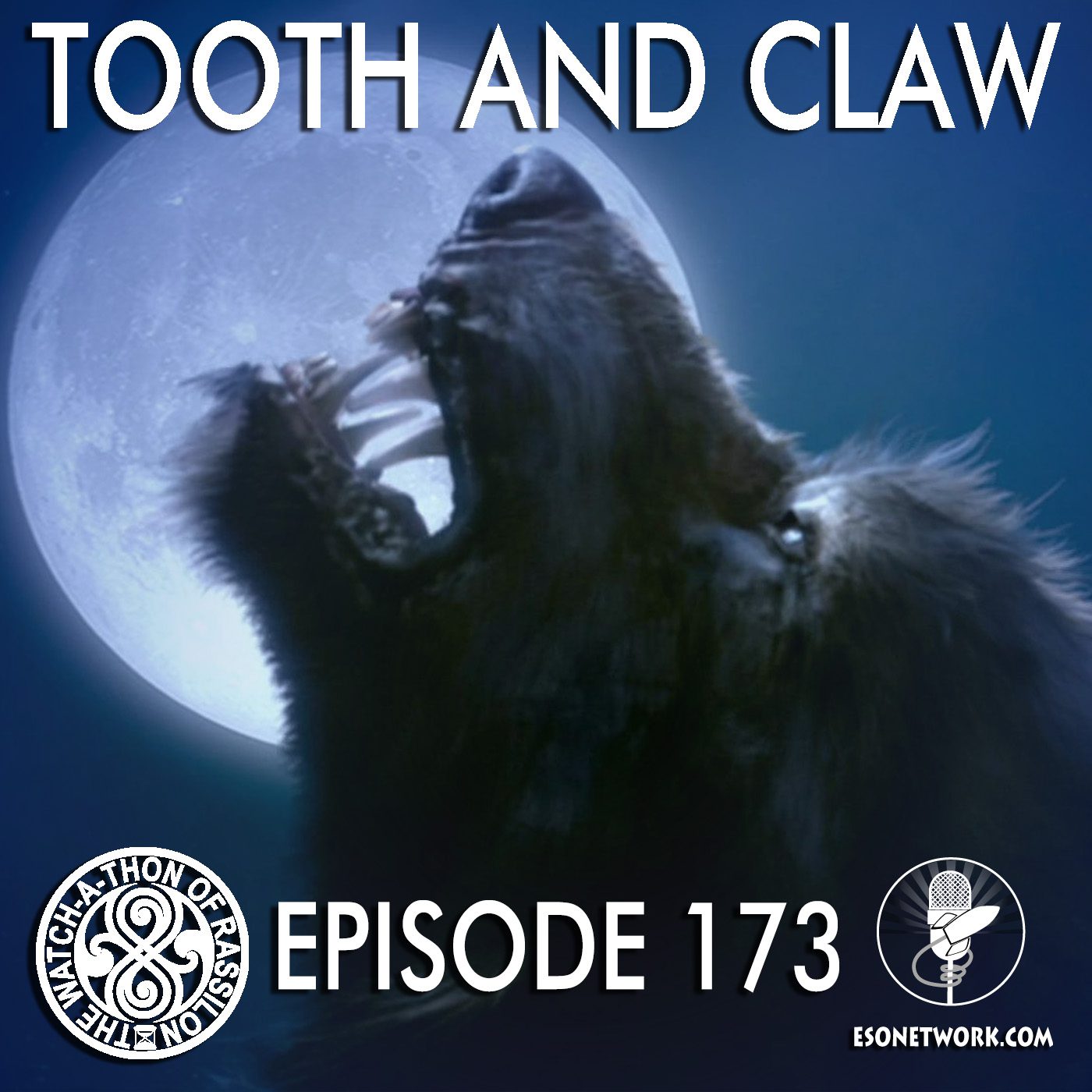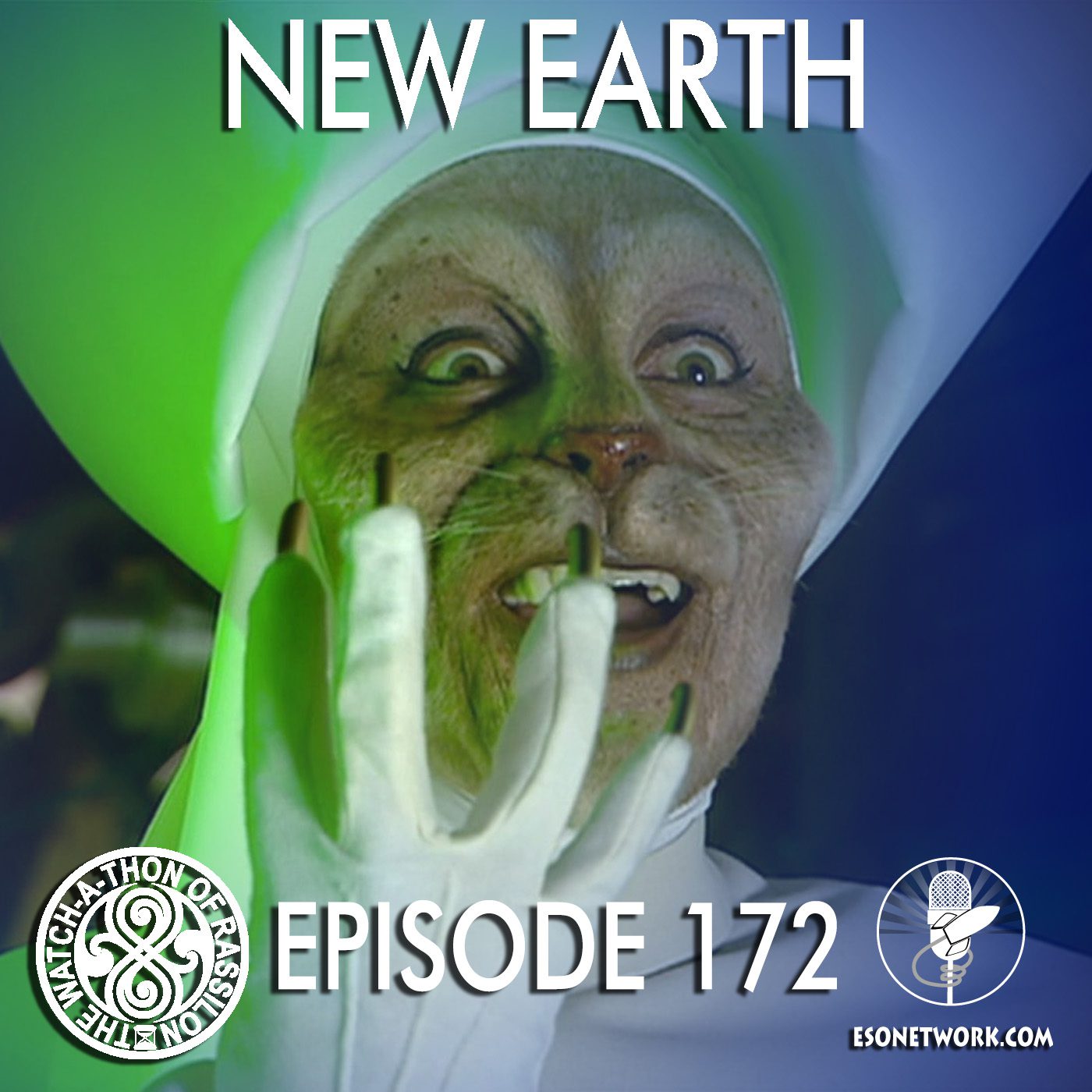 Blurb: Leela, in her last moments of life, recalls a long-forgotten memory: a time in the TARDIS. The Doctor is worried that K9’s increasingly bizarre behavior might become dangerous. He decides to make a new model, little knowing that the fate of all three time travelers has long since been decided.
Blurb: Leela, in her last moments of life, recalls a long-forgotten memory: a time in the TARDIS. The Doctor is worried that K9’s increasingly bizarre behavior might become dangerous. He decides to make a new model, little knowing that the fate of all three time travelers has long since been decided.
As Leela recalls the chilling connection between K9’s ‘illness’, the Z’nai and the haunted sea fort in which the TARDIS lands, she prepares for her final journey: into the land of her ancestors; the Afterlife.
Review: The Time Vampire is the conclusion to the trilogy of stories by Nigel Fairs that started with The Catalyst and continued with Empathy Games. Strangely, Fairs didn’t set out to make this a trilogy. Both The Catalyst and Empathy Games were set up as stand-alone stories, but he was later asked by Big Finish to produce one more story in the set. By the time that he wrote The Time Vampire, Fairs knew that producer David Richardson wanted this to be a trilogy, so he was able to treat this story as the conclusion to the overall story arc. This story also has some distinction as the only one of the Companion Chronicles to feature K-9. Louise Jameson convinced John Leeson to come in and reprise the mechanical dog one more time.
Fairs once again takes on all of the major roles of making the production – writing, directing, music, and sound design. His efforts on the latter two are top notch. The music throughout this whole trilogy has been stellar, but he outdoes himself with The Time Vampire. There are surging themes of hope and wonder and there are the downbeat and melancholy tuns of despair and loss. There’s even some imposing militaristic music. The whole trilogy has an elegiac tone, but here it reaches its ultimate expression and the music is an essential piece to creating that atmosphere. The sound design is also fantastic. The Time Vampire makes a screaming sound that could chill the blood. The rest of the sound design is similarly appropriate, from the recreation of K-9’s nose blaster sound effect to an alien warship hovering overhead; the entire soundscape is fantastic.
Louise Jameson as always is a pleasure to listen to. She can perform as Leela in any stage of her life and can change her performance so that she gives Leela the age and weight that she needs, or have her seem as young and energetic as she ever was on the television series. Her impression of Tom Baker’s Doctor has come a long way since The Catalyst and while it still isn’t very similar to Tom’s actual performance, it fits the downbeat nature of this trilogy tonally. Her performance as Vera, on the other hand, complete with faux Belfast accent is another story. It’s a very over-the-top caricature of a genuine Irish accent and it can be a bit hard going at times. John Leeson impresses as K-9. He sounds no different than he did 35 years ago when he starred as the mechanical dog. He also gets to double as Holland here and while his German accent is slightly over-the-top it’s a little easier to take than the Irish one of Jameson. Still, just hearing him again on a Doctor Who story is a welcome development for any fan of the original series.
The story itself seems to emulate the TV story Warrior’s Gate. It’s a non-linear tale where Leela finds herself jumping to various times within a particular world. This leads to a meandering narrative that doesn’t seem to be about anything in particular. The last 10 minutes or so of the story deal with Leela’s older self dying, but kept alive by the machines of the Z’nai. Yet that story really has almost nothing to do with what happened before. Just about any other sequence of events could have been leading up to those last 10 minutes, and the story would have been the same, which makes the entire thing feel like a colossal amount of filler. Honestly, there’s no reason why it shouldn’t. Fairs created an “end” in each of the two previous stories of this trilogy but he kept on getting asked to do more. Then he was given a spec. He had to use K-9 because Jameson wanted John Leeson to do a story with her. Then Jameson wanted to reuse an Irish accent that she’d needed to learn for a play. It feels like this story didn’t grow organically from the previous parts of the trilogy and that makes sense because this was never conceived as a trilogy to begin with. While there are references to the other two stories in the sequence those feel more like an attempt to graft these together rather than a natural progression. Even the name “time vampire” just seems to have been invented to create some sensationalism and make the story sound more interesting than it is. The creatures don’t “feed” on time and the Doctor is quick to point out that they’re really called faveshai.
What makes this even worse is that one of the eras that the Doctor and Leela pass through is an untold story with the third Doctor. Unfortunately everything that is told about that story makes it seem far more interesting than the one that Leela is experiencing. It seems such a shame to just be told about it second-hand. It also doesn’t help that the story that Leela and the fourth Doctor go through is never resolved. Suddenly the action jumps to Leela’s older self and the tenuous connection between the two is made, but it makes one feel as if they’ve been teased the entire time by one story when in fact the story was about something else. Some people find the ending shocking, but really the author telegraphs the end game fairly heavily, so if anyone is paying attention they should see it coming from a mile away.
While this is another story that doesn’t require that someone be familiar with the original series to understand it, there seem to be a lot of pitfalls for any fans of classic Doctor Who. In the liner notes to the CD, Fairs makes a big deal about how this story will answer two burning fan questions about Doctor Who. The first is why the Doctor started making a second K-9. This actually has been a question speculated for years within Who fan circles. The other is what the Doctor was talking about in the story The Mind of Evil when he said that he’d recently seen a world destroyed by fire. This second point is slightly ridiculous because the series already answered that question. He was actually referring to the story Inferno, which came only two stories before. While just about everyone agrees that continuity shouldn’t be a hamstring on good storytelling it does seem telling that the author makes such a big deal out of the fact that he’s answering a burning fan question when in fact it’s something that no one ever wondered. Even worse, the events shown in The Time Vampire couldn’t be what the Doctor was talking about in The Mind of Evil because the Doctor still had no control over his TARDIS in The Mind of Evil. It seems to show a casual disdain for the fans to not even do a simple piece of fact checking. The series has also explained what happens when time travelers meet themselves. They just release an explosion of energy. They don’t create a “time vampire”. It feels like some really strange choices were made for a story that was supposed to be made for the fans to answer deep-seated questions about the show.
Recommendation: A study in style over substance, The Time Vampire has one of the most beautiful soundtracks of any story that you’re going to hear from Big Finish. Unfortunately it gets so wrapped up in creating an atmosphere that it forgets that it’s supposed to be telling a story as well. It gets the job done on including the trilogy but does so in a meandering manner that seems to tease and hint at better stories that you never see and leaves tons of unanswered questions. I recommend leaving this trilogy at Empathy Games and just give this one a skip.
5/10
2010
Audio Drama
Big Finish Productions
Directed by Nigel Fairs
Produced by David Richardson
Written by Nigel Fairs
Runtime Approx 60 min.








